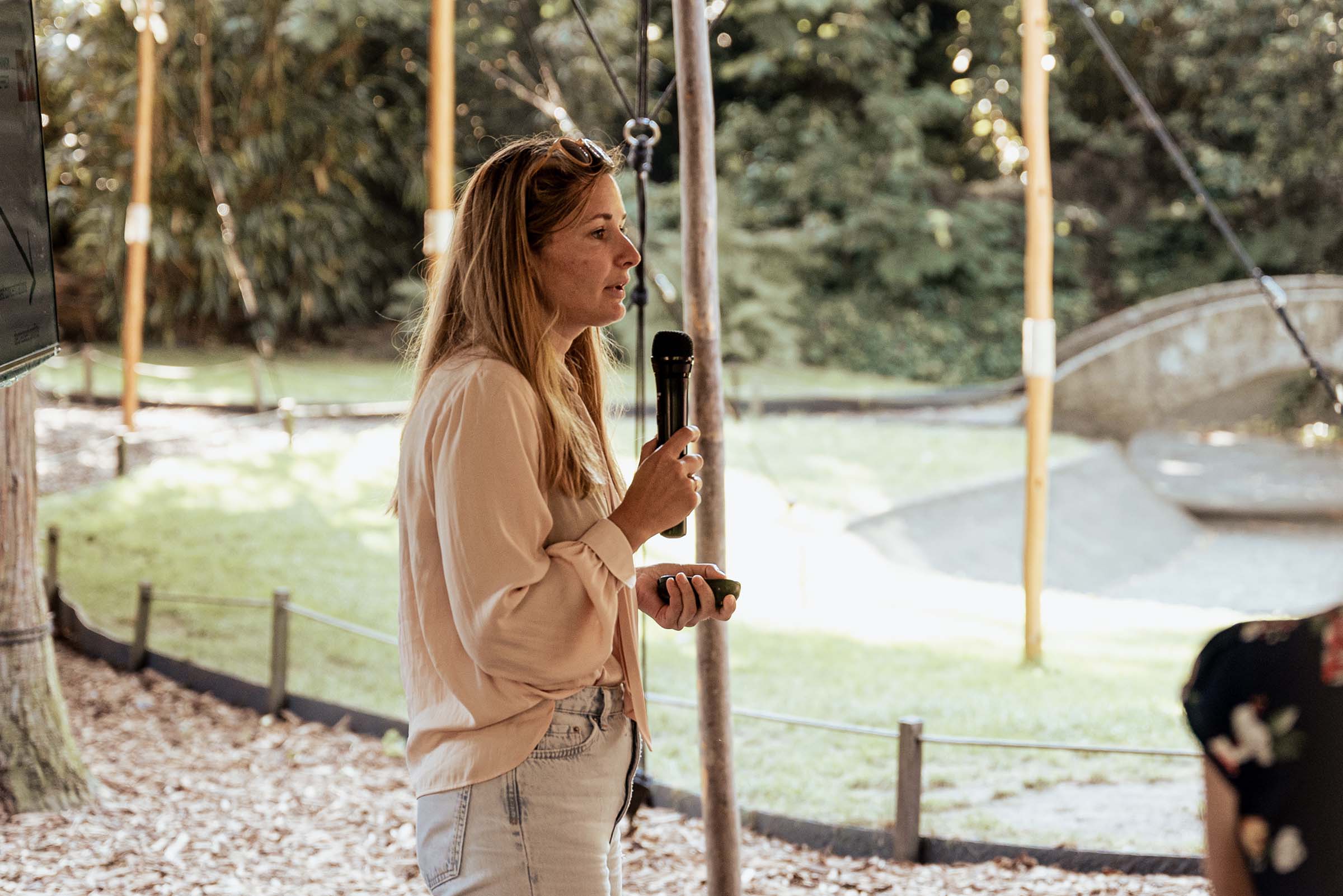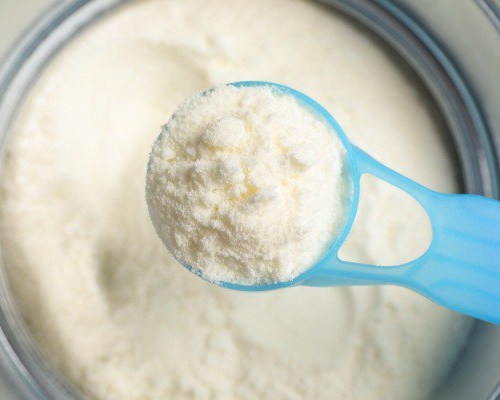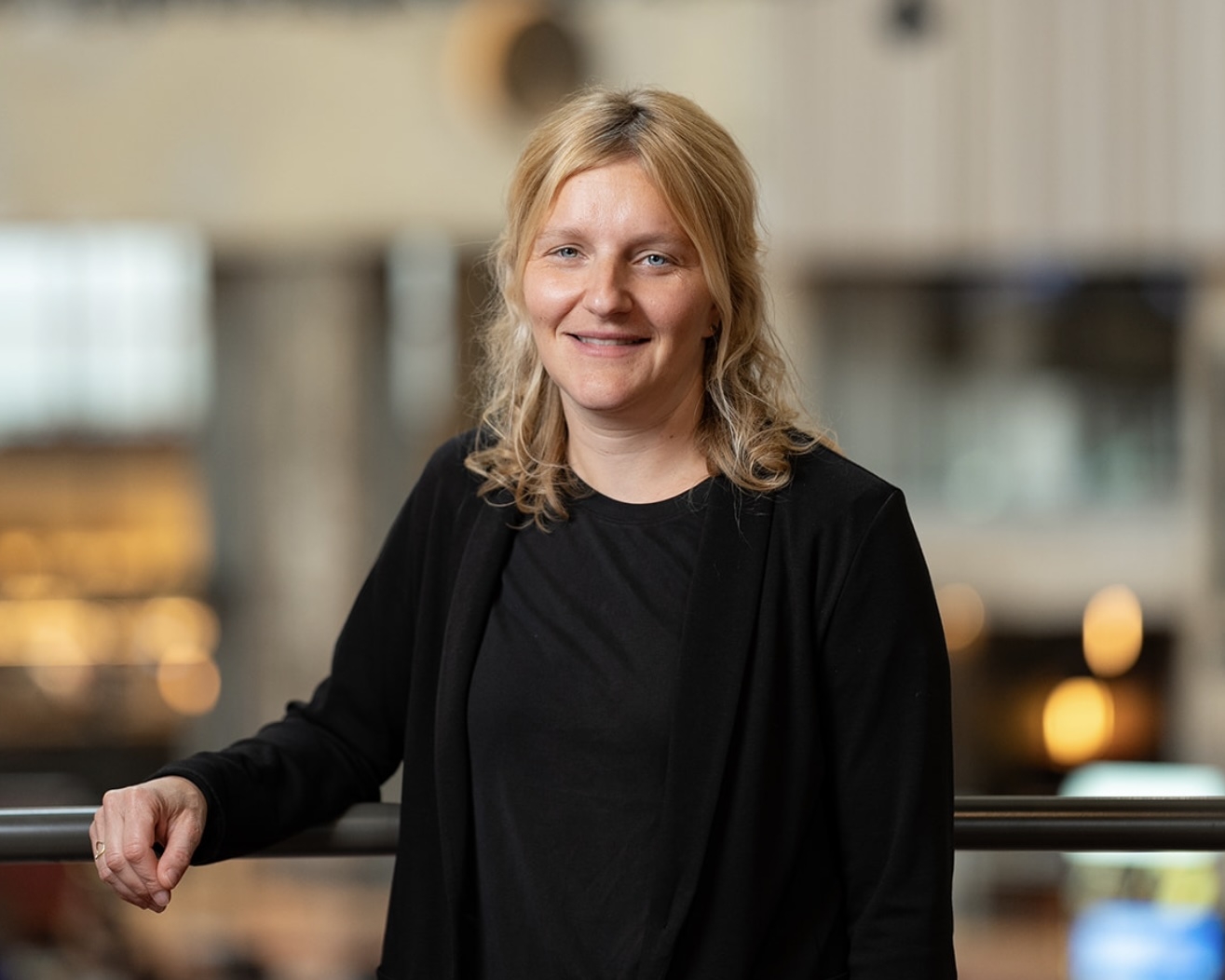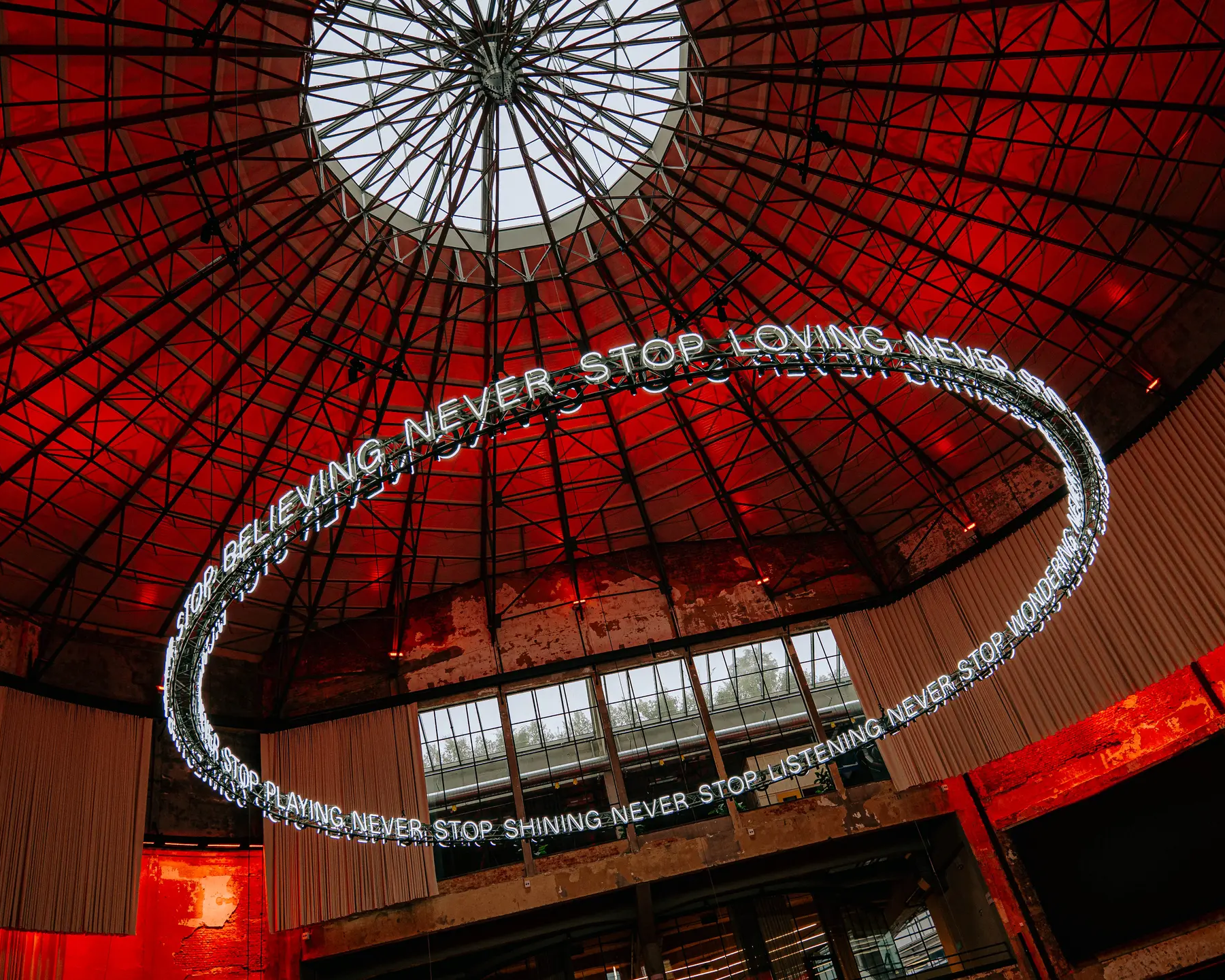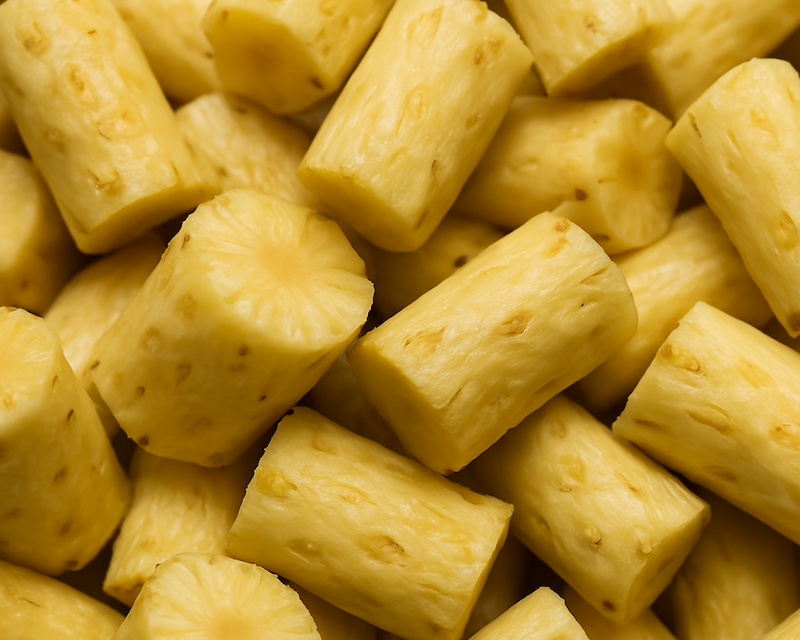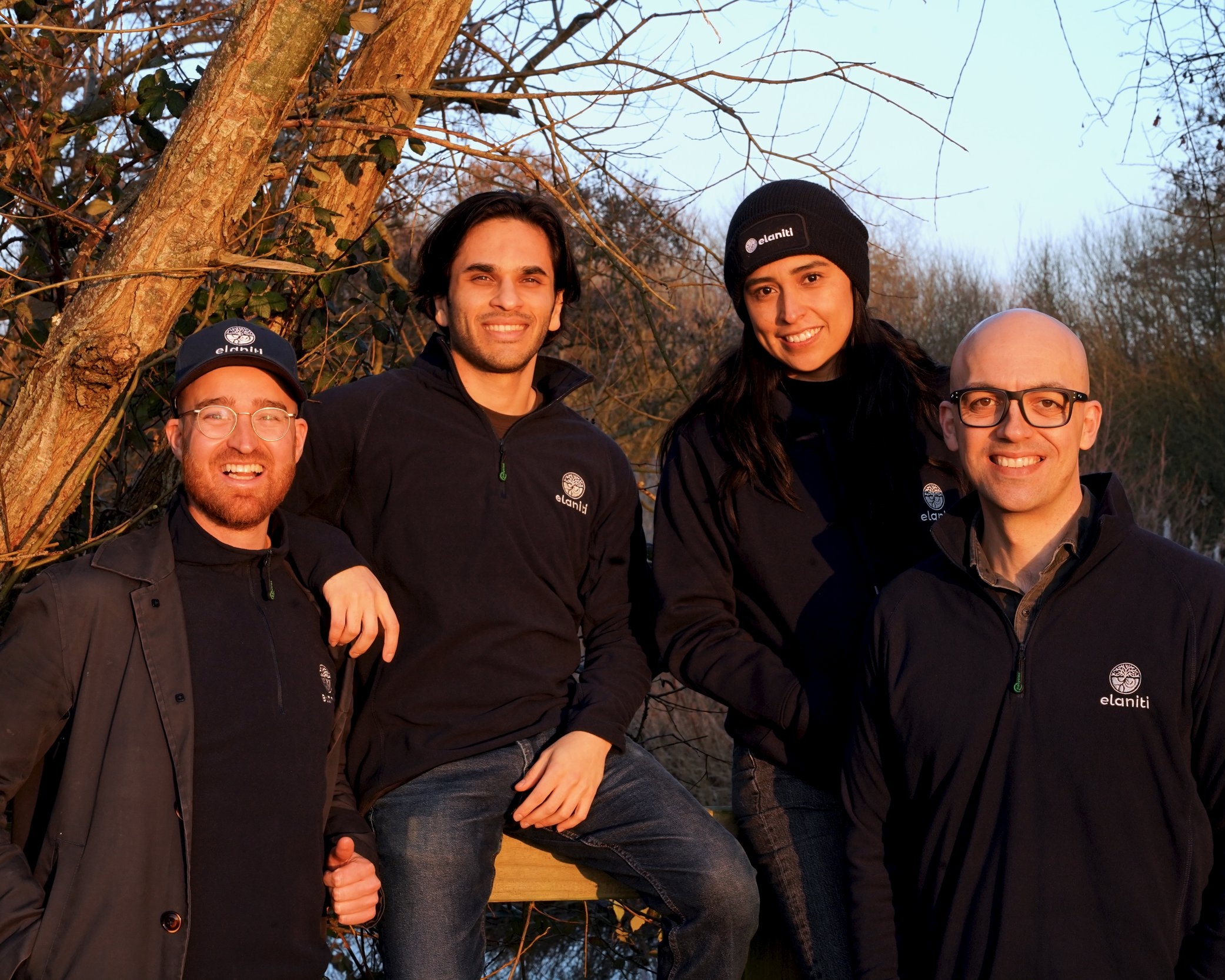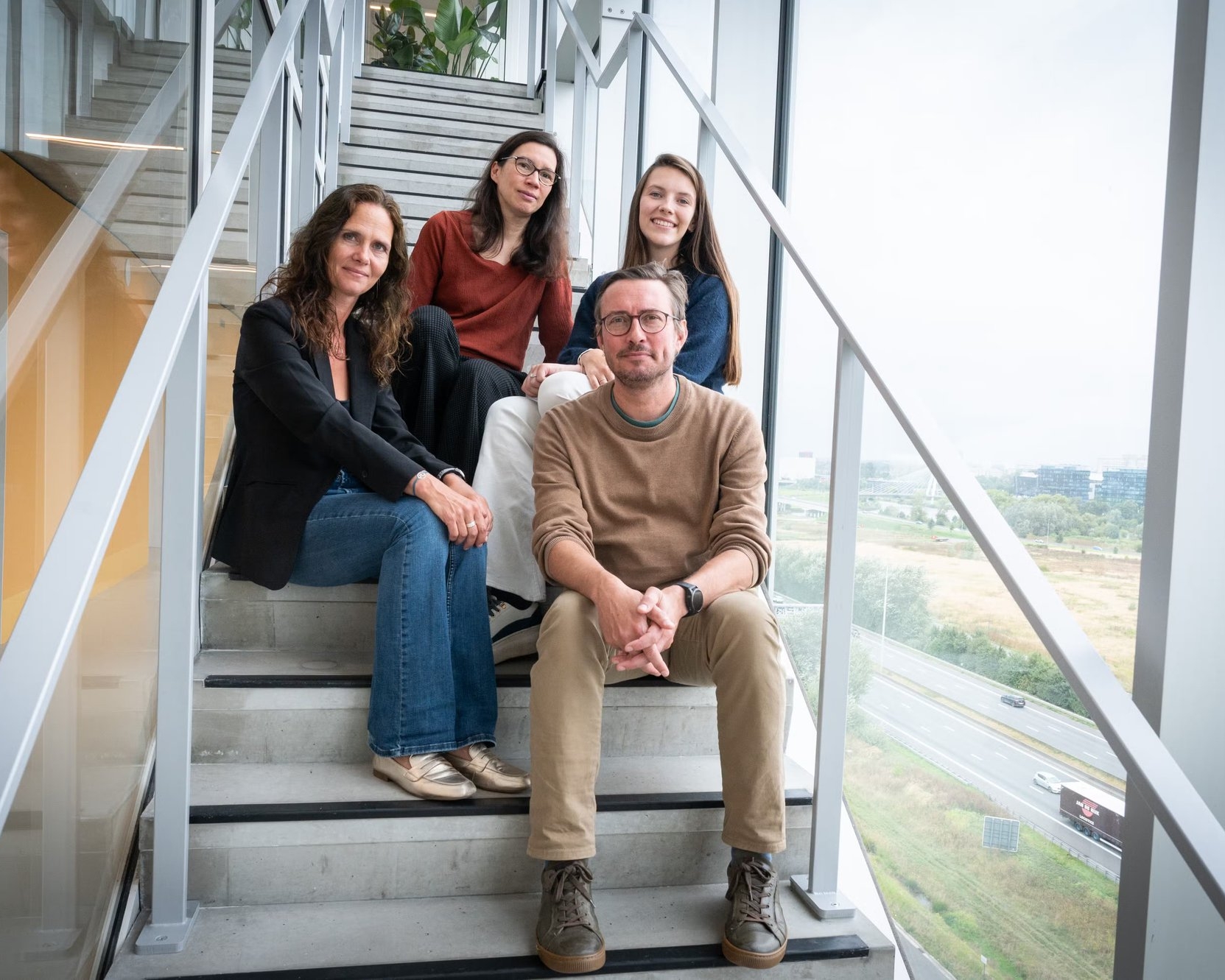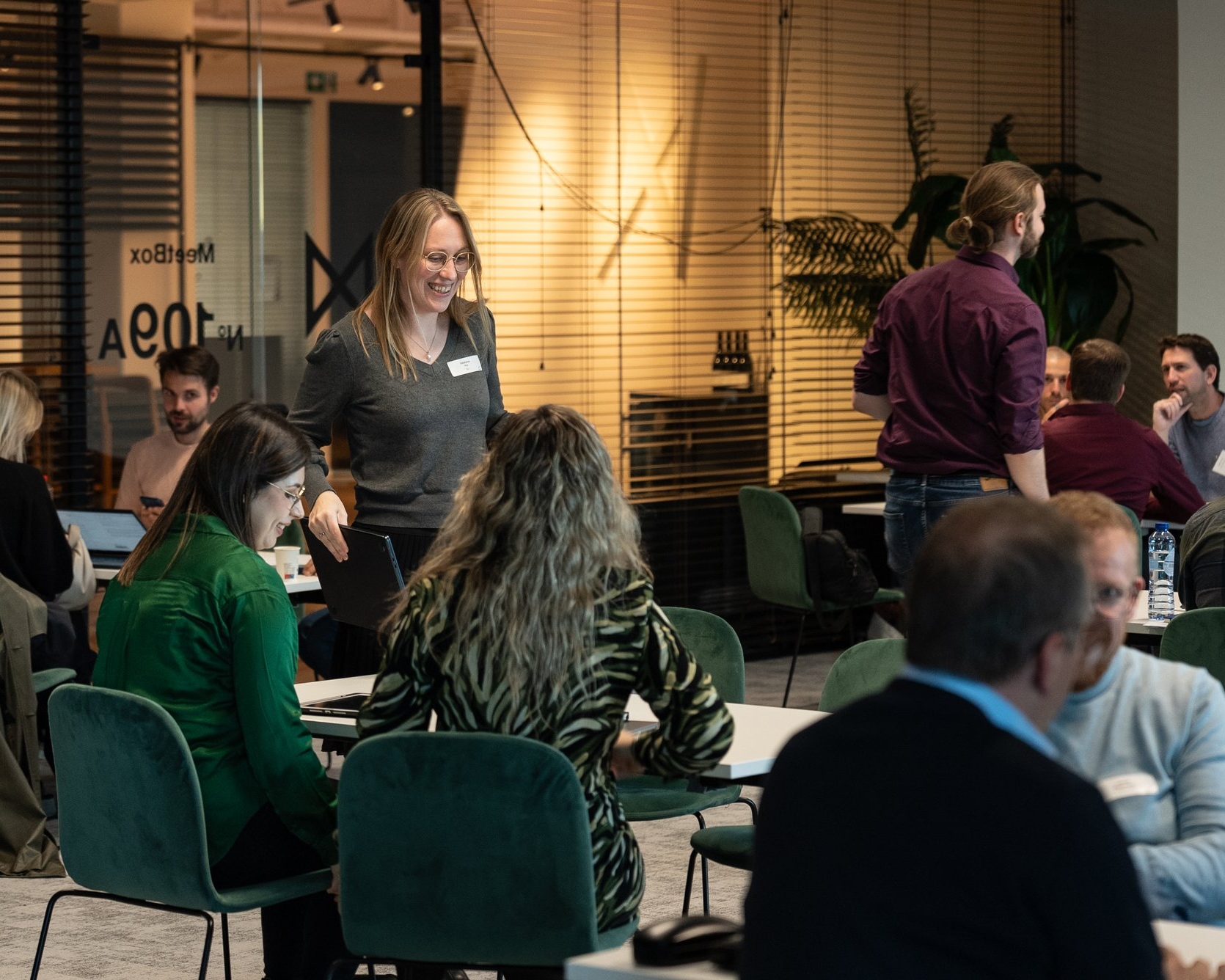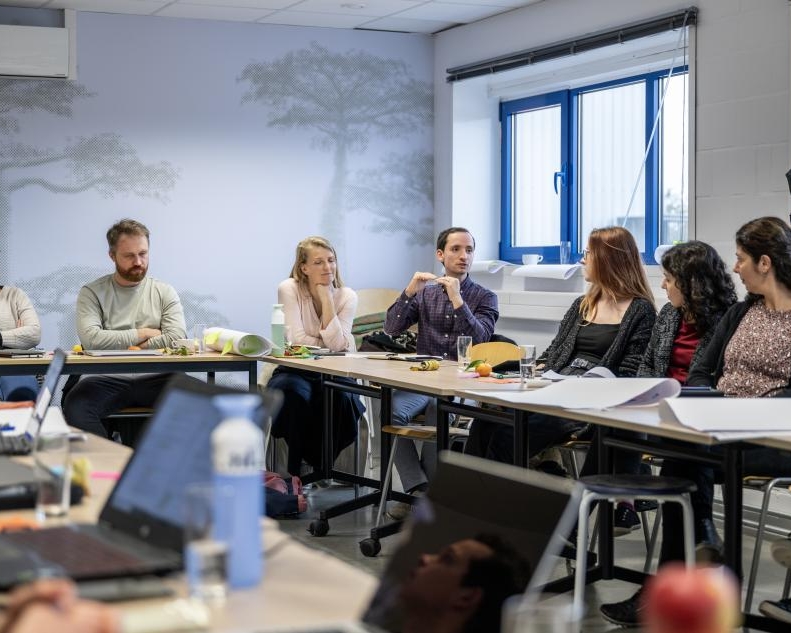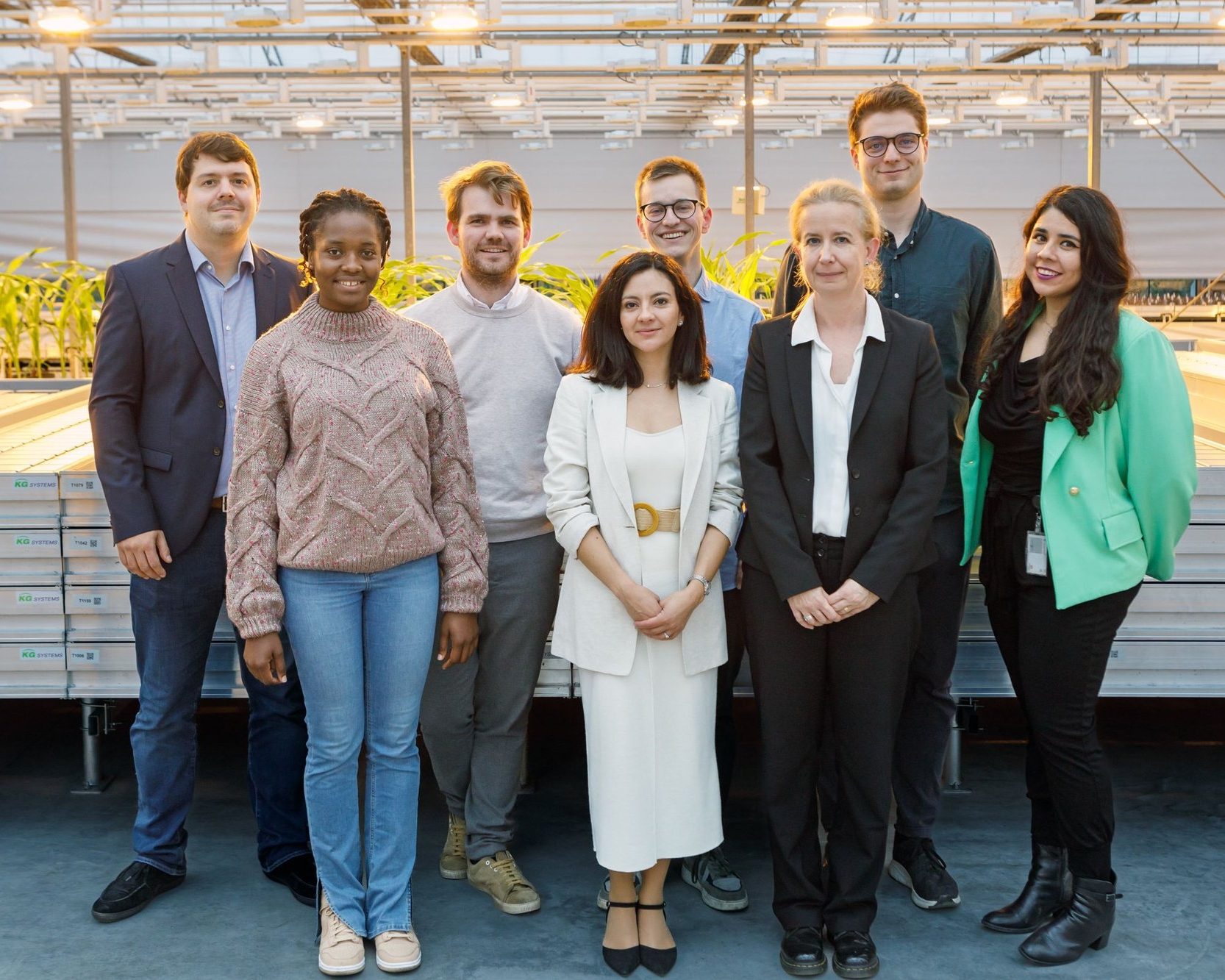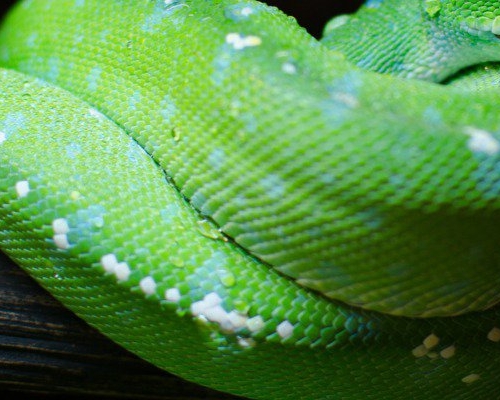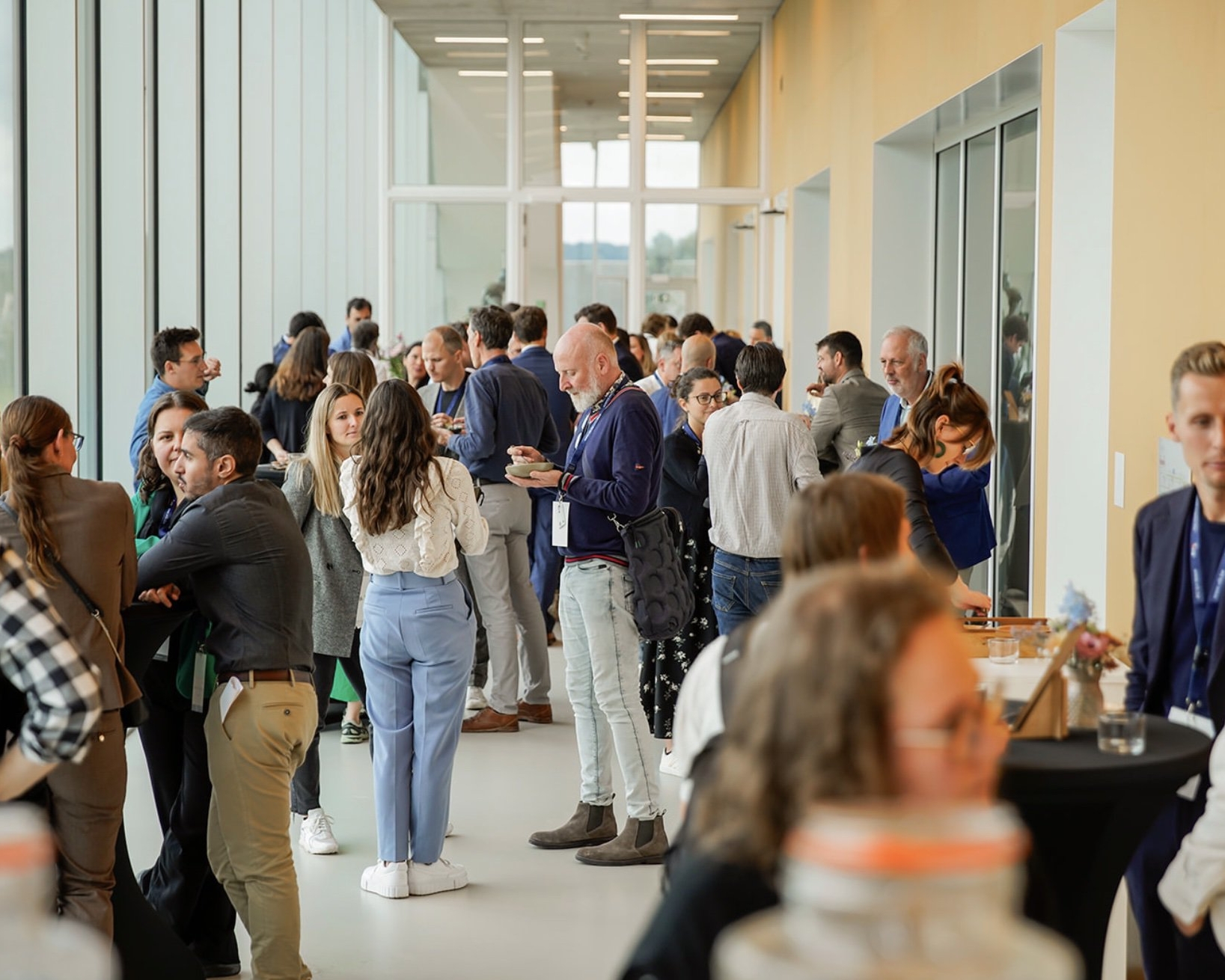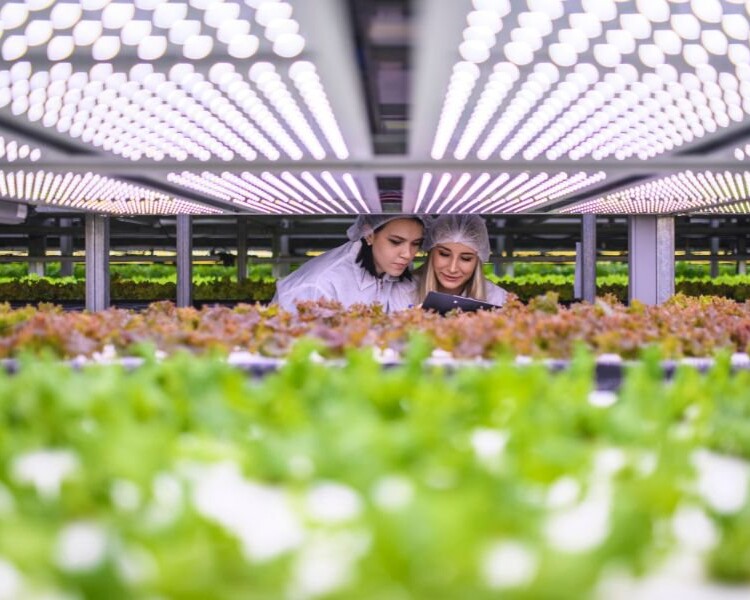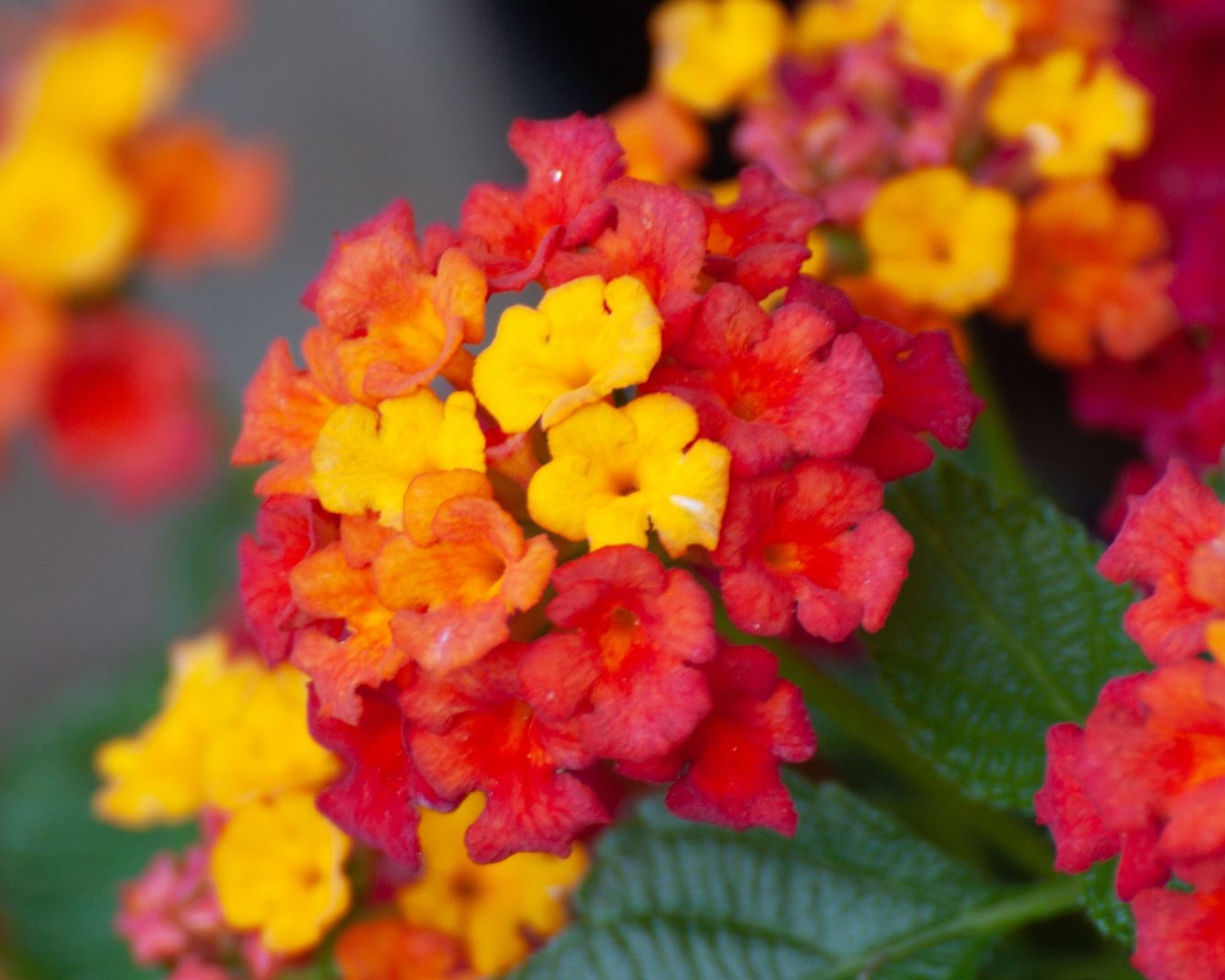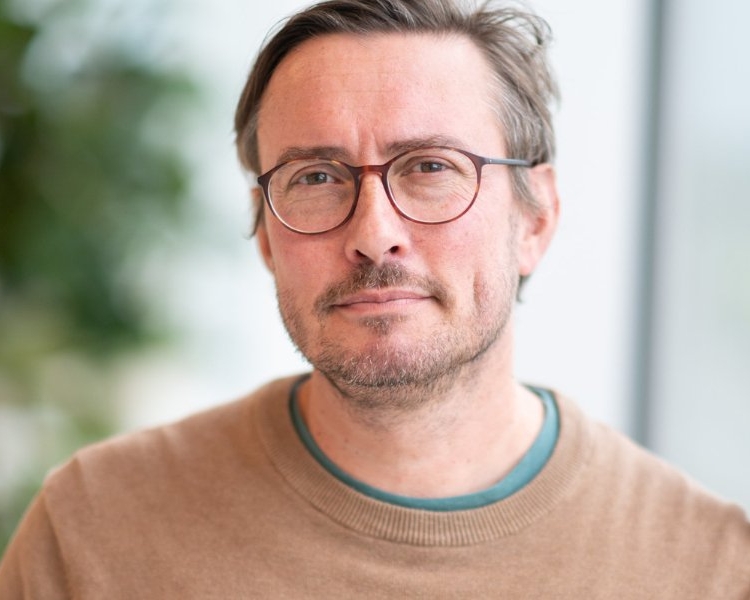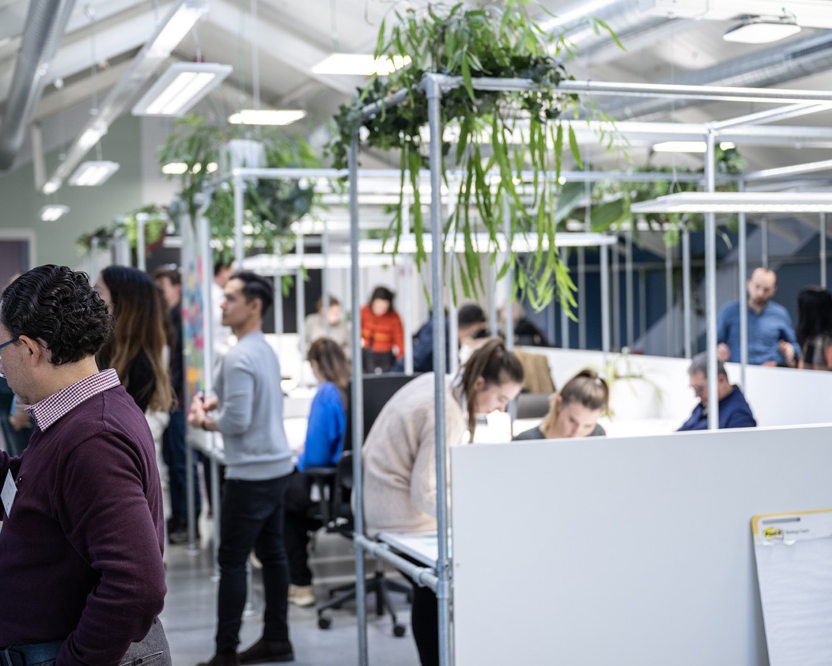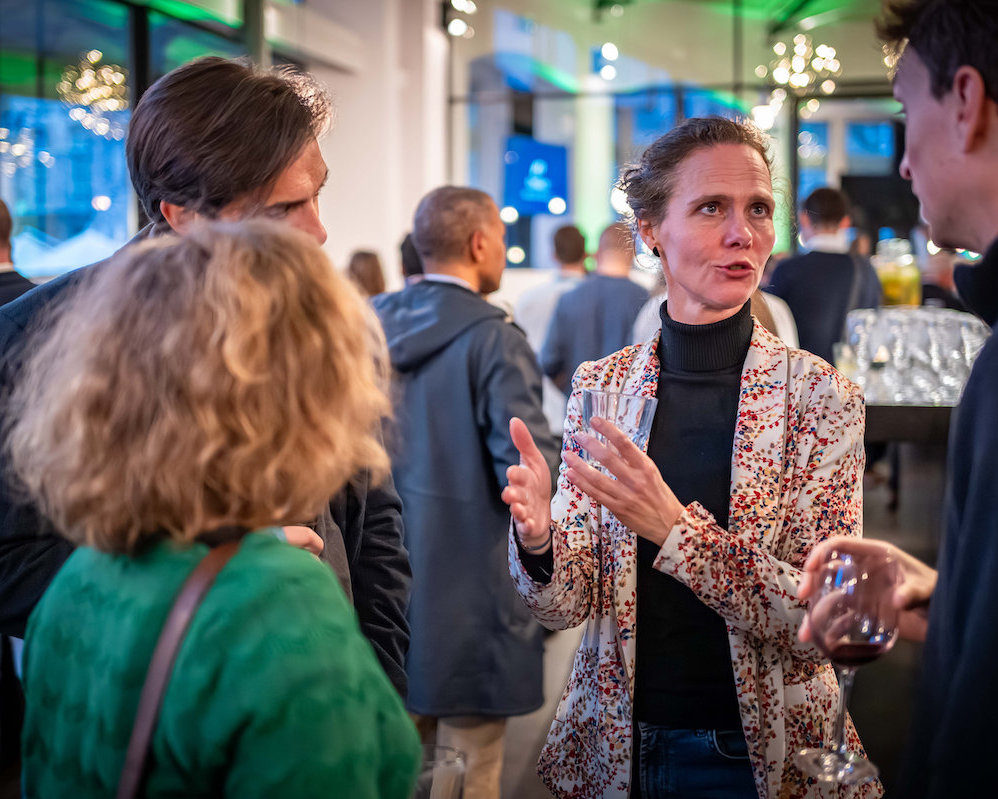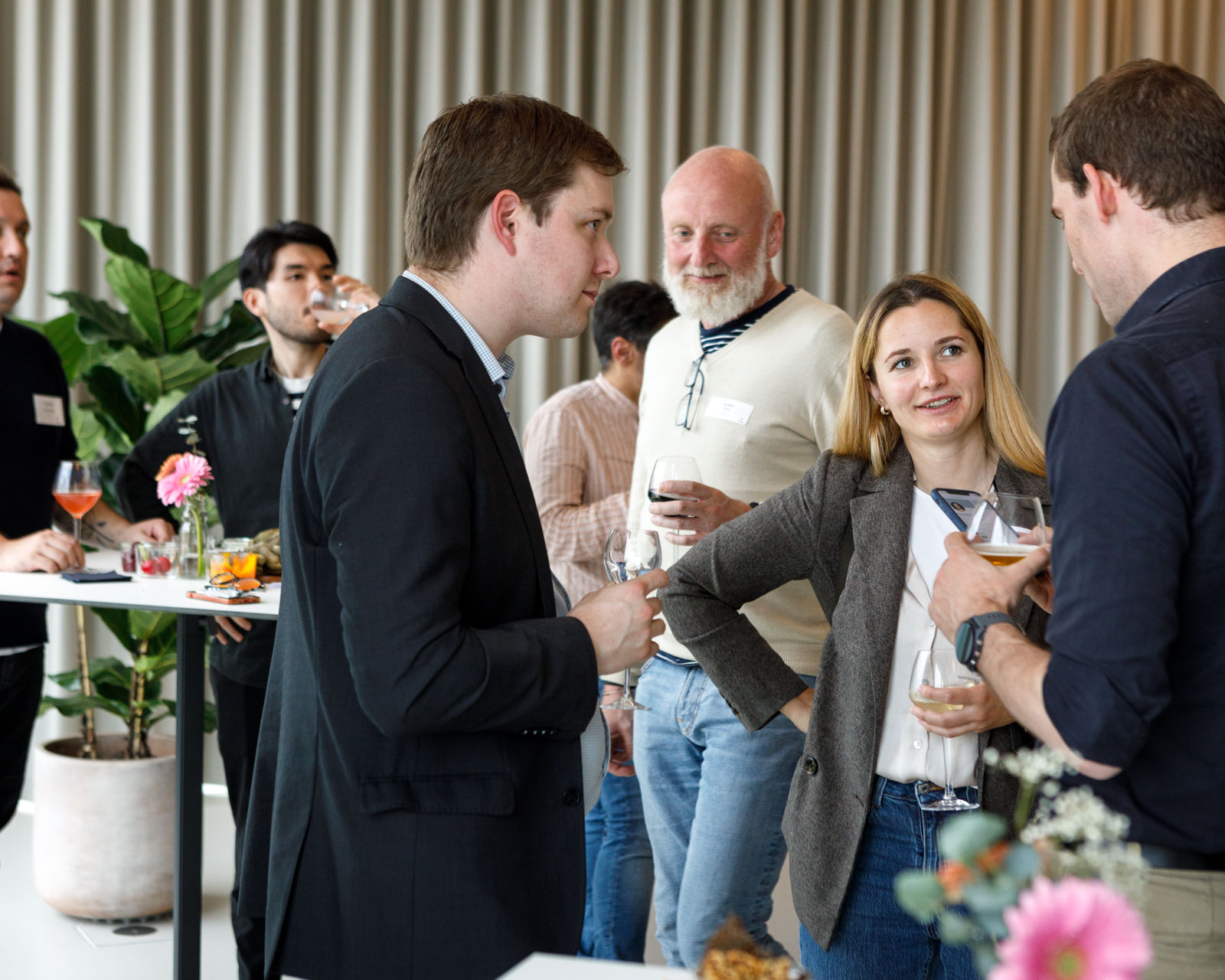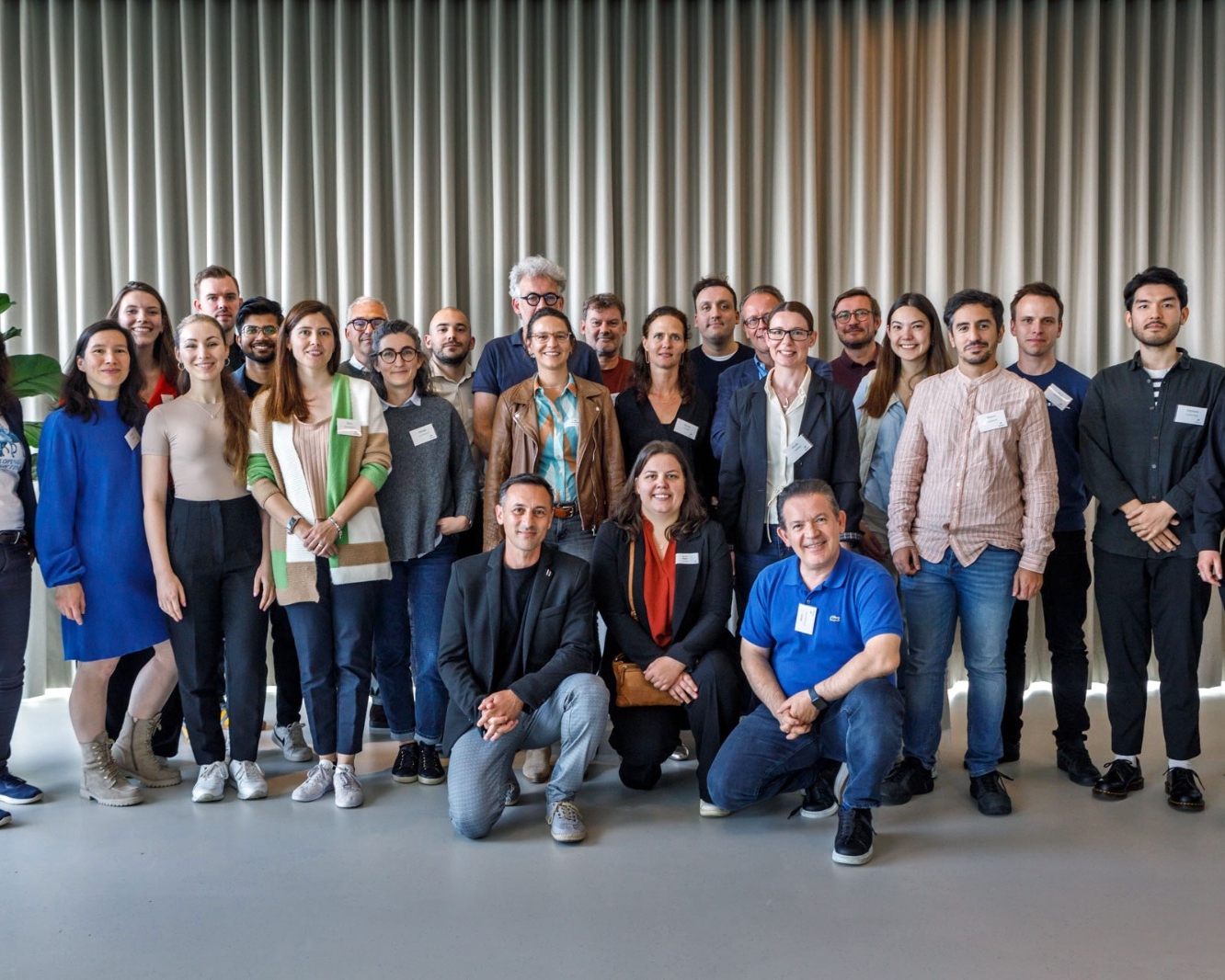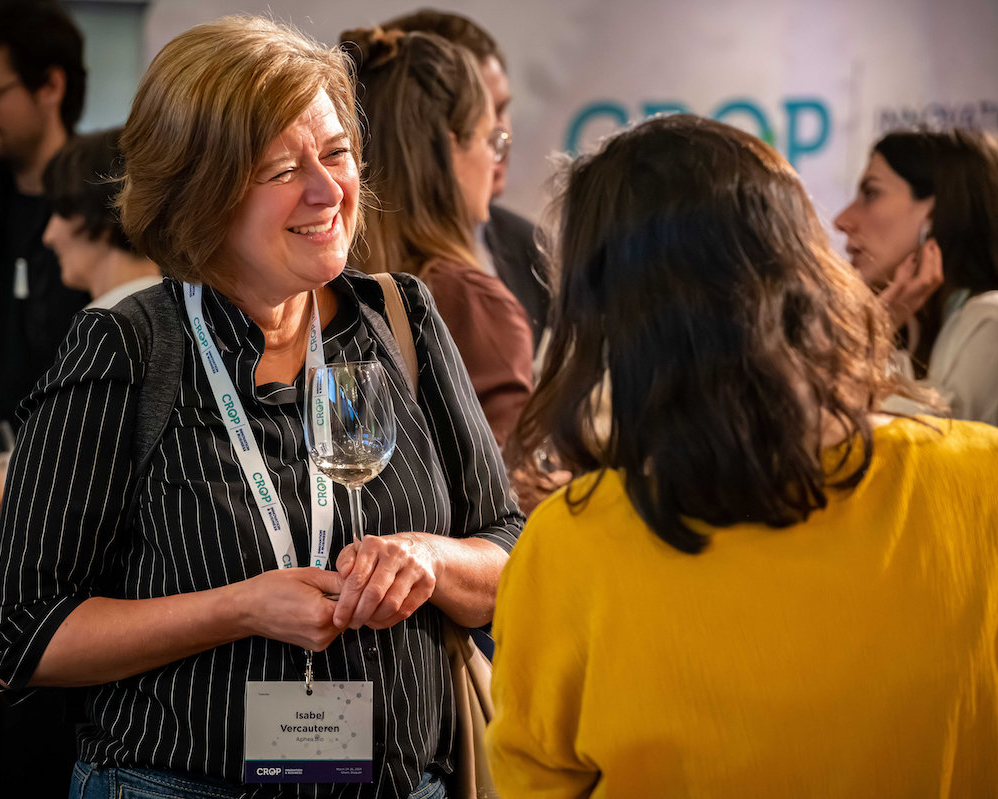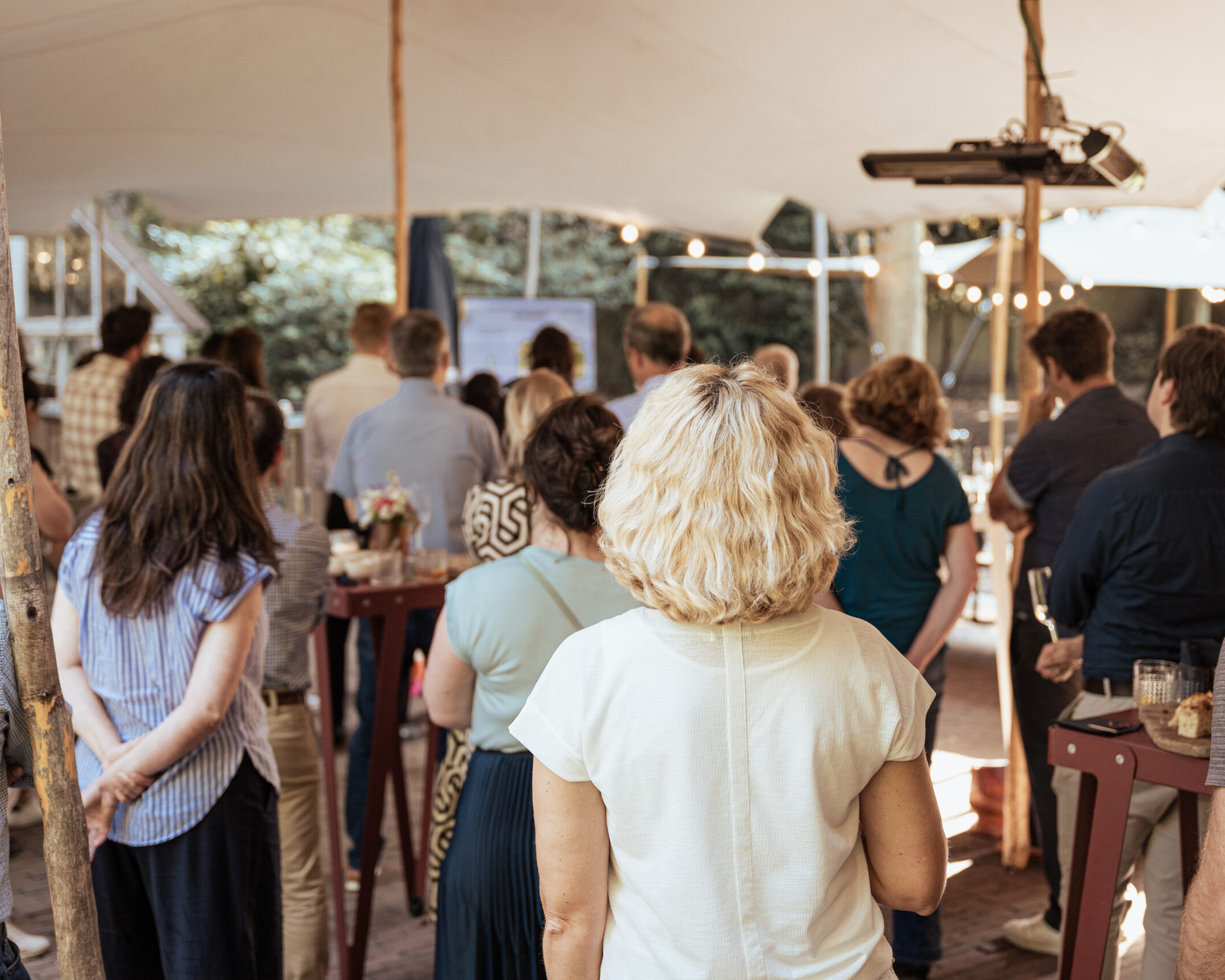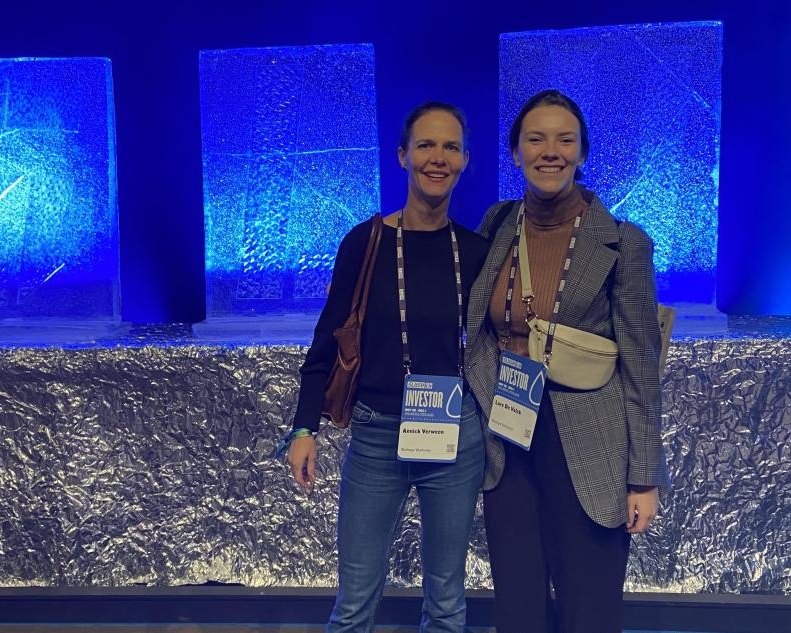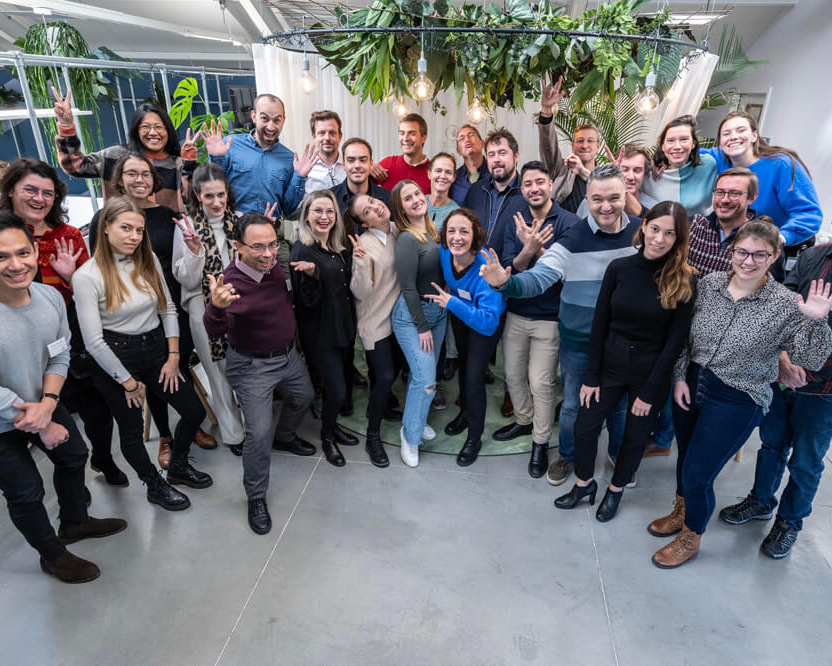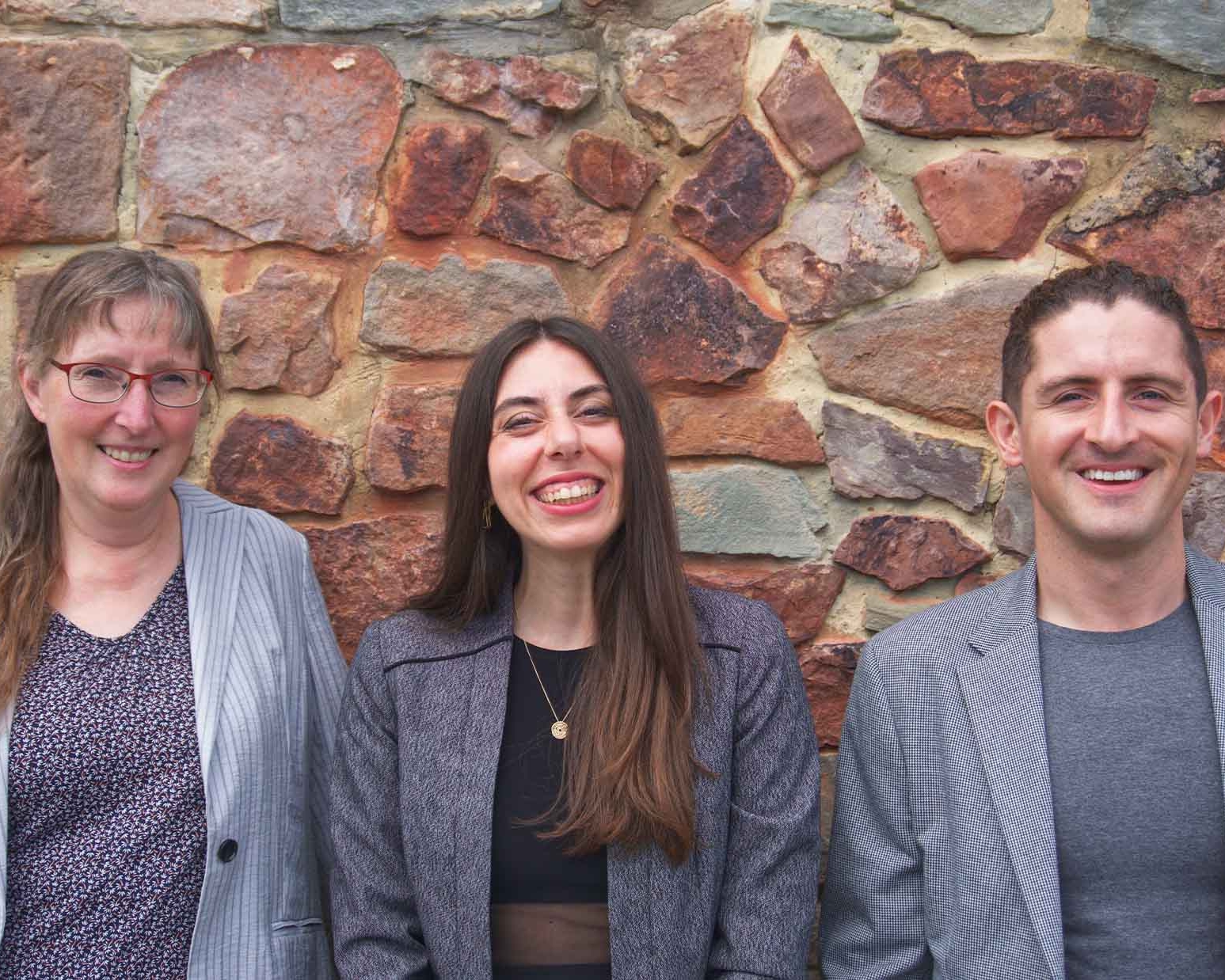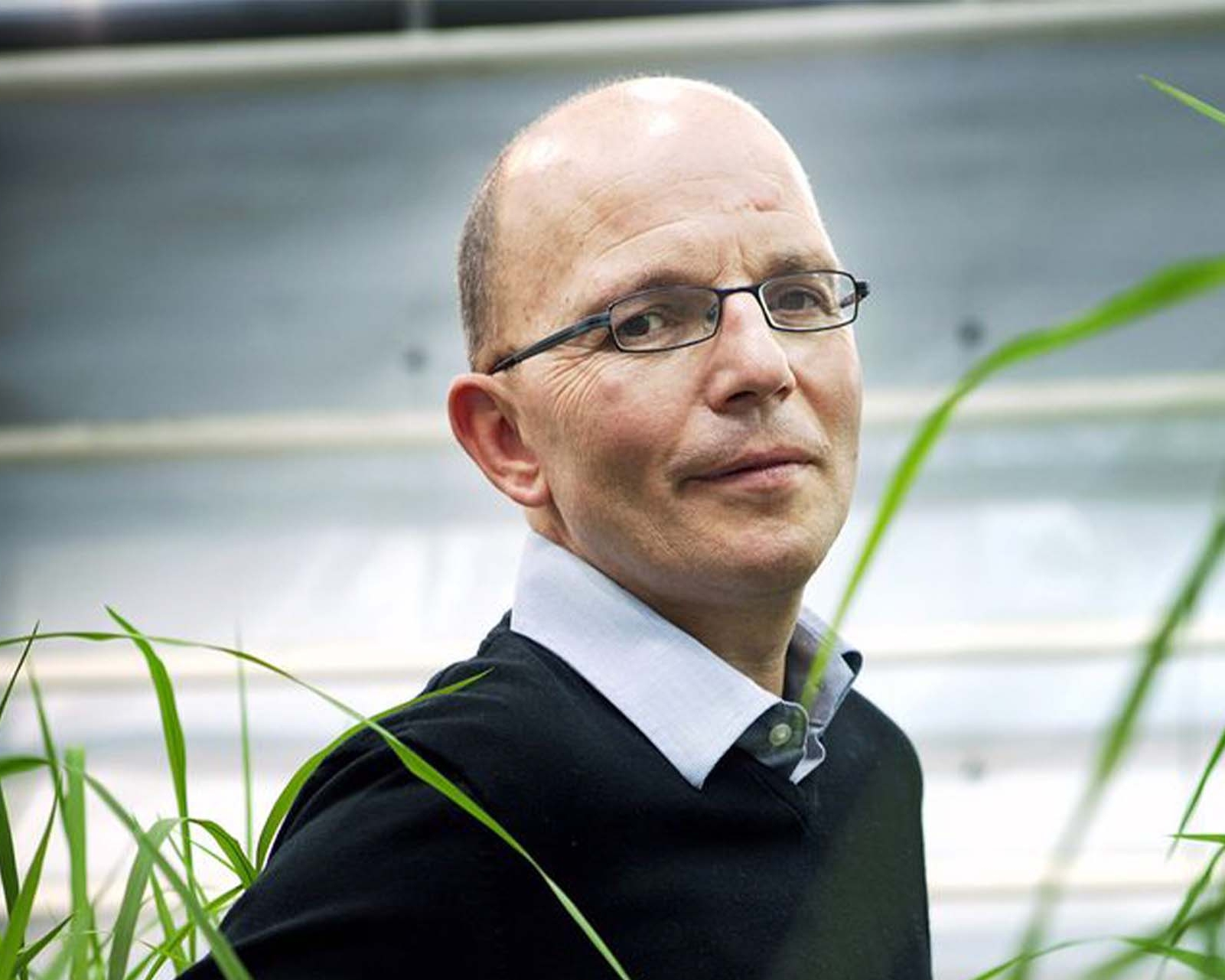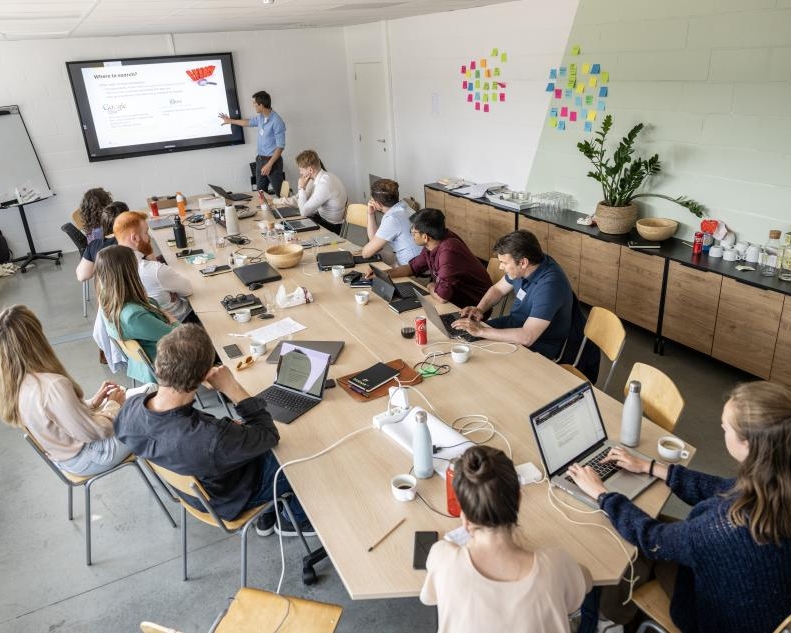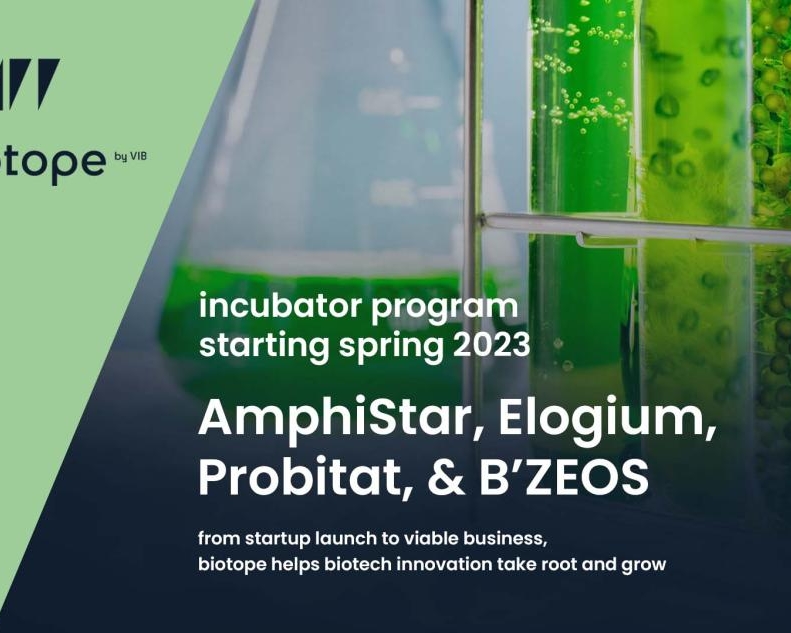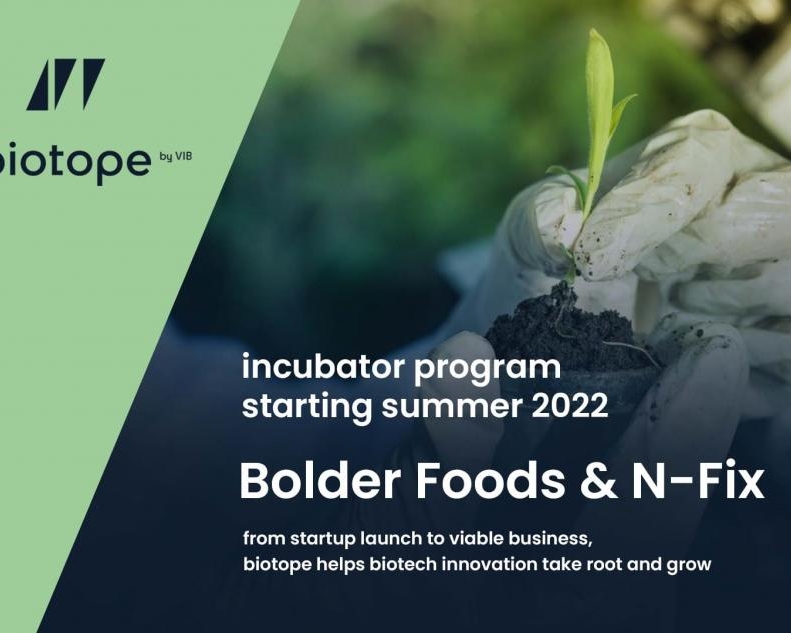- Home
- Startup news
- Resilient microbials manufactured from biomass residues
Resilient microbials manufactured from biomass residues
Biotope startup N-Fix aims to solve one of the major sustainability challenges of livestock farming: an excess of manure.
The company is developing a thermal treatment to turn wet manure into hydrochar, a safe and stable compound with a range of agricultural applications.
Read more about N-Fix's innovation in the interview with co-founder Emile and Gilles
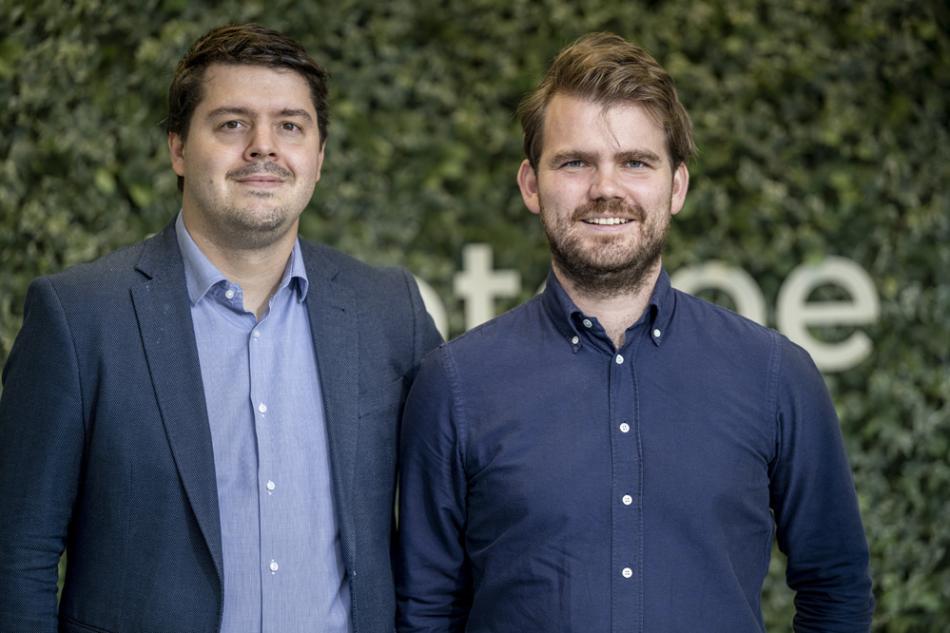
How was the company created?
Emile Redant (Co-founder): “We officially launched N-Fix in July this year, following the biotope basecamp. The company has three co-founders: Luc Desender, Guy de Clercq, and me, with Guy’s son Gilles assisting us operationally.
My background is in biochemical engineering – I’ve worked with both industrial and agricultural biotechnology at companies like the Bio Base Europe Pilot Plant and Biotalys. Most recently I was an R&D manager at Renasci – a Belgian company founded by Luc Desender. Gilles is very complementary in his skills. “
“It was while brainstorming ideas with Luc that we came up with the concept for N-Fix back in April, which happened to coincide with the first biotope call for applications.
After being accepted, we took part in the two-week biotope basecamp, which was an excellent opportunity to talk to experts from different fields – like legal, regulatory, and funding – about our concept for the company. These experts helped answer our questions, and forwarded us on to other people in the ecosystem who will be useful for our startup going forward. It has been intense, but a great way to get this startup going.”
What is the problem that you’re trying to solve?
Gilles de Clercq: “Livestock farming is not very sustainable for a number of different reasons, one being the amount of manure produced. In Belgium – a small country with a lot of egg, meat, and dairy production – farms produce about 40 million tons each year.”
Subscribe
Subscribe for Exclusive Updates and Exciting News!
Bedankt
Je bent ingeschreven op mijn nieuwsbriefFarmers use as much manure as they are allowed locally, but although some is exported to neighboring countries, there is still manure left at the end of the day
Gilles de Clercq
“There are a few solutions in place to valorize manure. A small percentage is converted to biogas, which is burned for energy. This of course releases carbon dioxide, so it’s not great for the climate. Unfortunately, it’s currently the best-case scenario. Alternatively, about 66% of Belgium’s manure is simply used as fertilizer, sprayed directly onto fields. However, the EU Nitrate Directive sets strict limits on the amount of manure that can be used, because too much can cause nitrogen runoff to pollute waterways, killing all the fish and causing a lot of other environmental problems. There are also inherent risks associated with raw manure, including the potential spread of pathogens, and increased greenhouse gas emissions caused by decomposition. Farmers use as much manure as they are allowed locally, but although some is exported to neighboring countries, there is still manure left at the end of the day.”
“So what happens to the remaining waste? The farmer pays to have it destroyed. This process – which costs an average of 17.5 euros per ton – is expensive for the farmers and squanders a natural resource that could otherwise be integrated into a circular value chain.”
How are you planning to tackle this problem?
Emile Redant: “We’re developing a thermal treatment to convert manure into hydrochar – a dry substance that can be used as safer and more sustainable fertilizer. The benefits of hydrochar are many. The thermal treatment destroys any pathogens and antibiotics in the manure, making the end product a much less dangerous fertilizer option.
Hydrochar is also more stable than manure: it is a solid, so if it rains it doesn’t just get washed off the fields and into waterways; and unlike manure, which degrades quickly, hydrochar releases its nutrients slowly over time. There are many other possible benefits associated with this product too, like drought resistance, which we’re hoping to clarify with the means provided by the biotope incubator program.”
We’re developing a thermal treatment to convert manure into hydrochar – a dry substance that can be used as safer and more sustainable fertilizer
Emile Redant
Can you tell us more about the thermal treatment used to create the hydrochar?
Gilles de Clercq: “What makes our technology innovative is that we’re developing a way to apply this thermal treatment to manure in its wet form. Ordinary processing involves first drying the manure in an oven, which is a waste of energy. Instead, we’ve created a closed system – like a pressure pot on the stove – where we bring the wet manure to the point where it chemically transforms into hydrochar. You can then use the residual heat for the next batch overall reducing the energy requirement by 65%.”
How is biotope helping you develop your technology and business?
Emile Redant: “The financial support is of course nice but the same goes for the facilities – both the office space and the greenhouses, where we’ll be able to run our first trials for drought resistance in plants, among other things. It will be exciting to start these first experiments and find the ideal application for our product, because there is a whole forest of possibilities, so our challenge now is to pick the most feasible ones and get the ball rolling.
“In the longer term, the biotope and VIB network will also create connections to top scientists working in our field, investors, and potential partners. Even just among VIB’s own spin-offs there are interesting potential collaboration partners. Biotope provides us with plenty of opportunities, and we’re excited for what the future holds.”
More News
AmphiStar secures €12.5m EIC funding
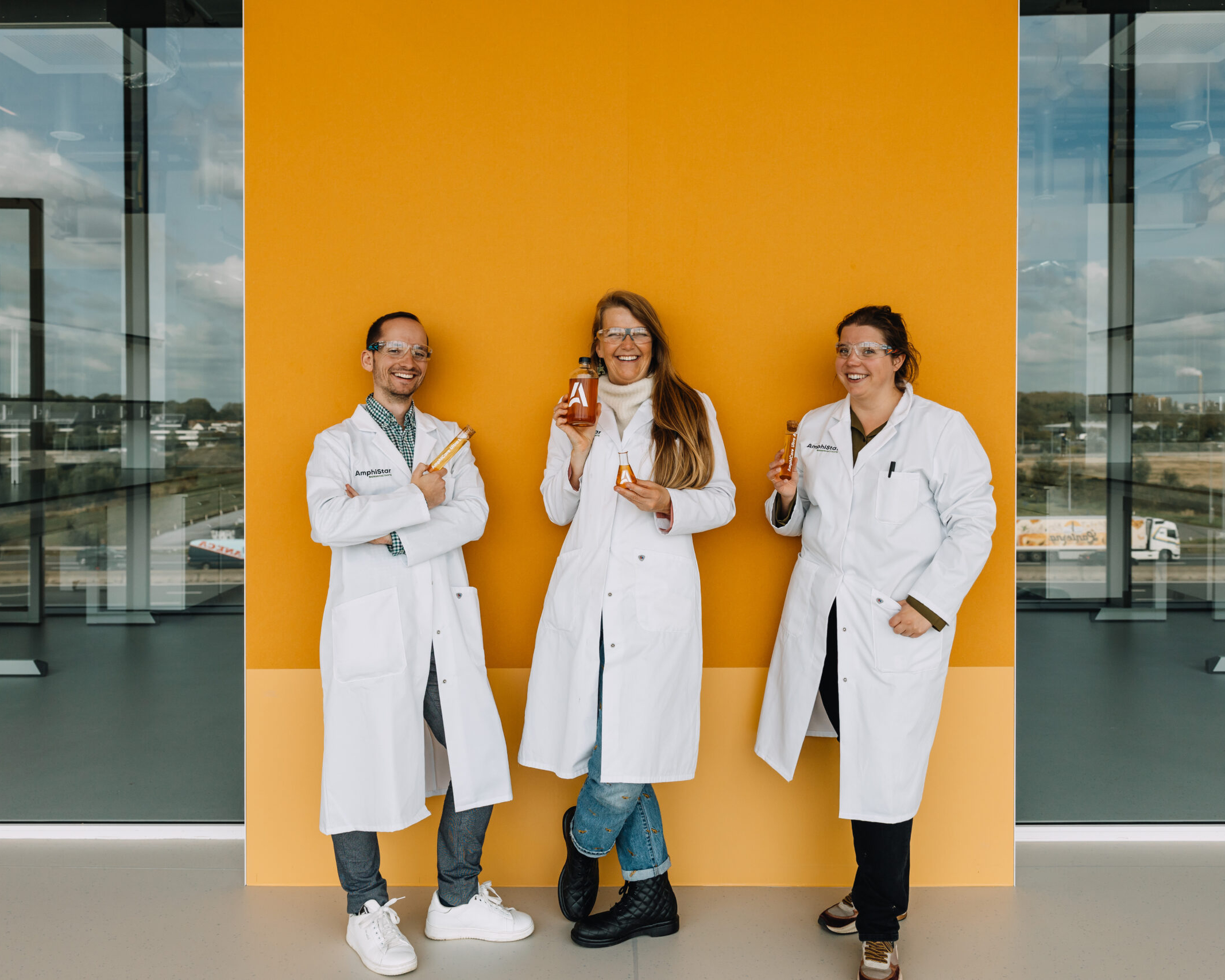
biotope recap: Summer edition
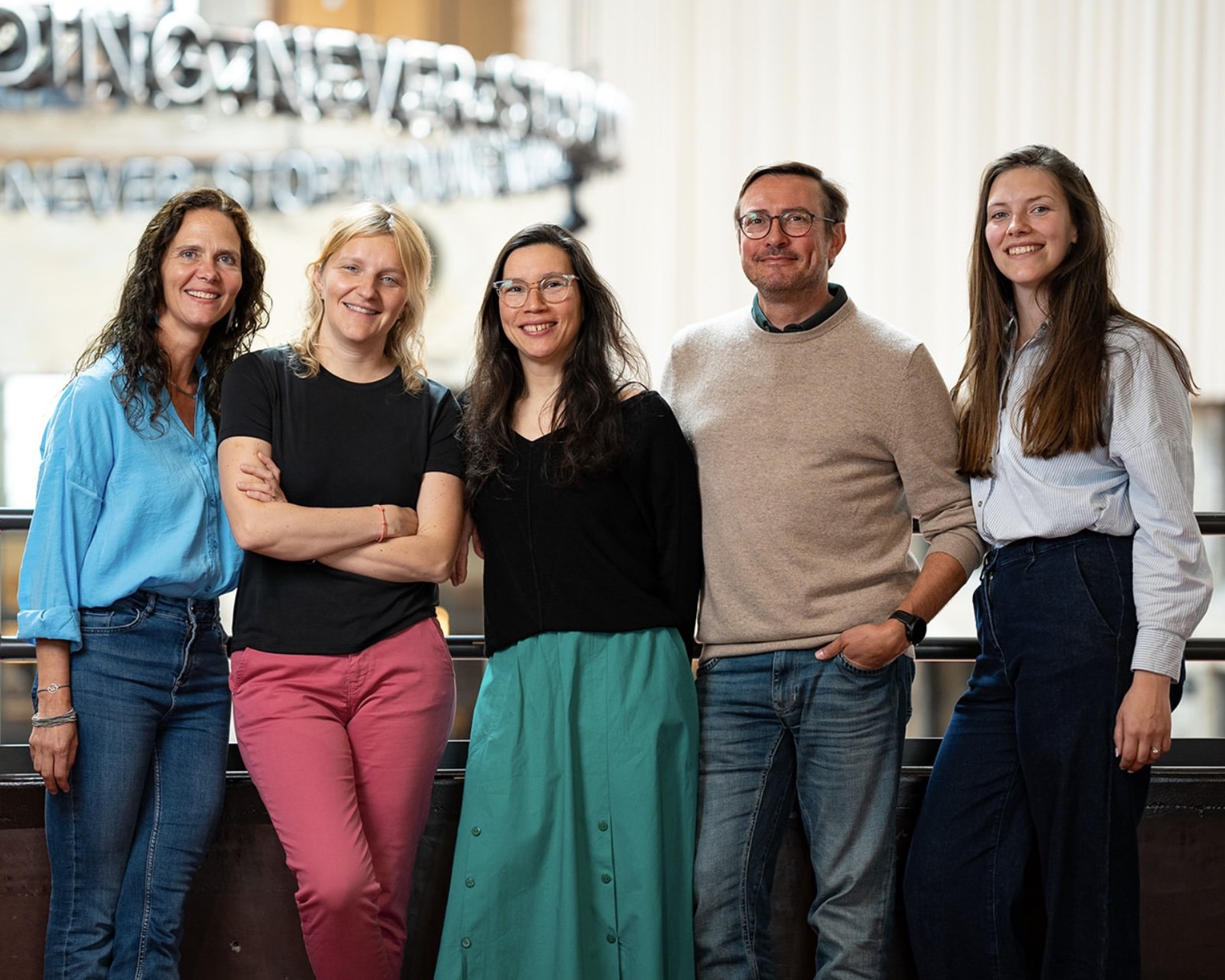
Annick Verween on the VCo2 podcast

2024 wrapped
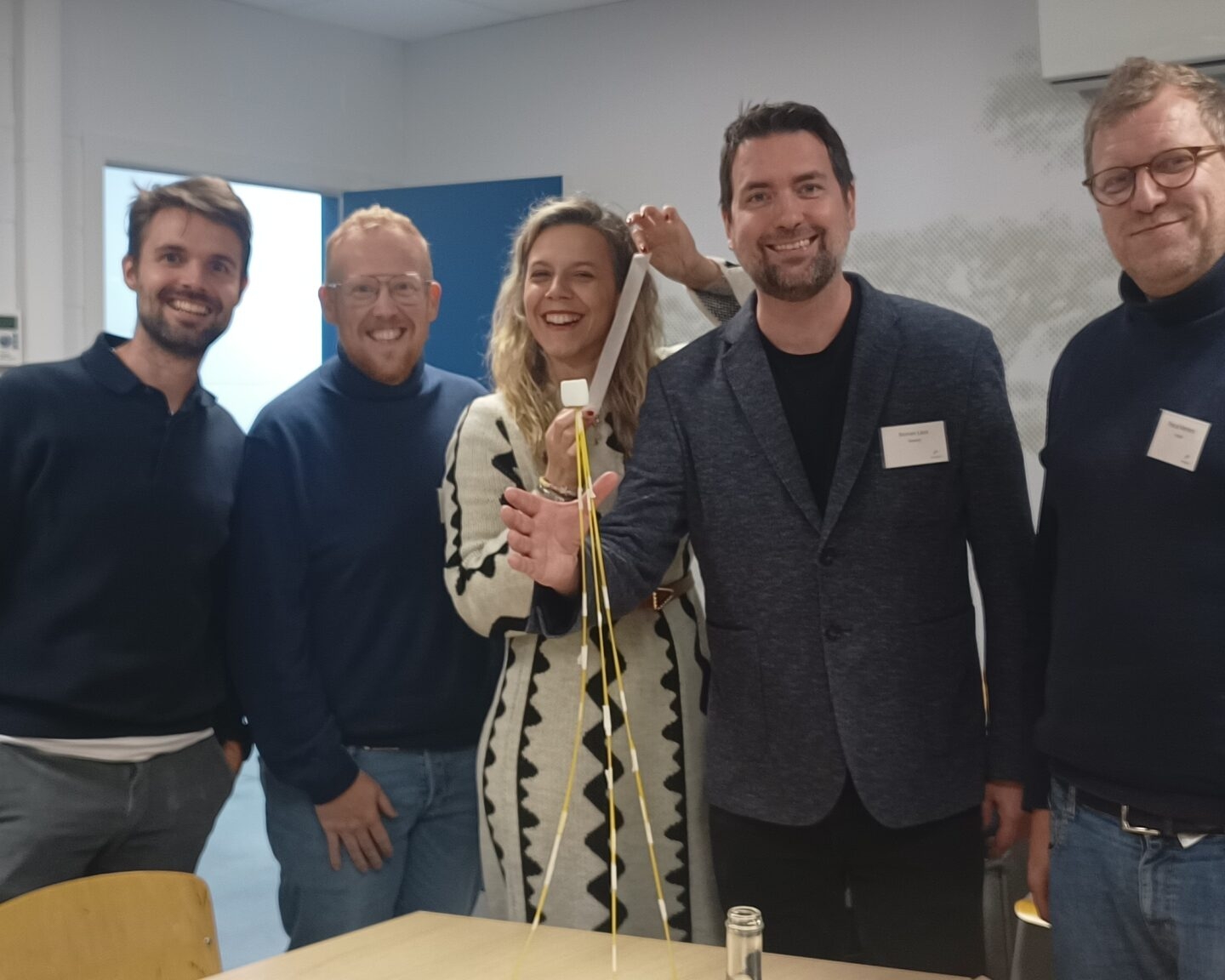
Networking with cohort six
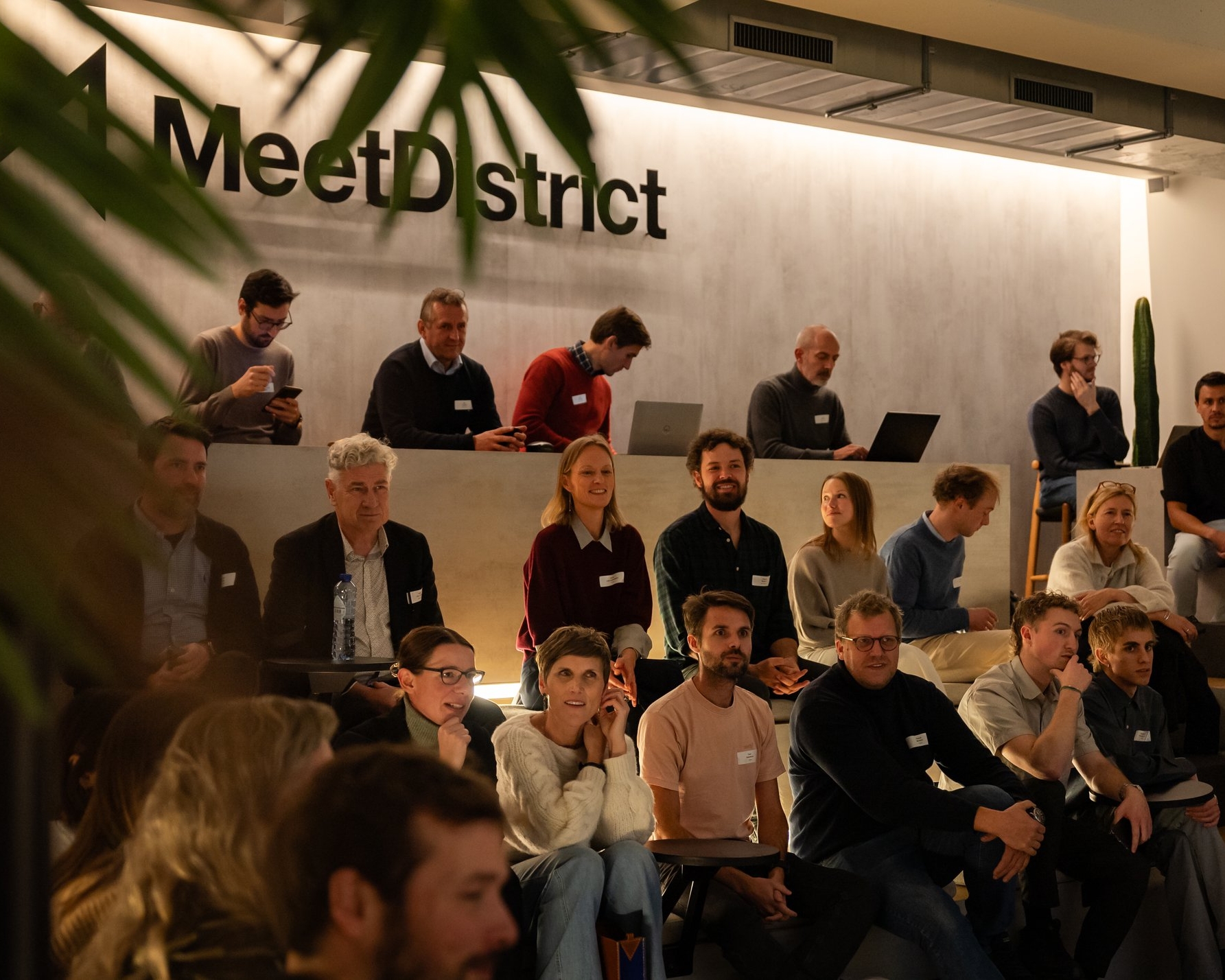
B’ZEOS celebrates seed round milestone
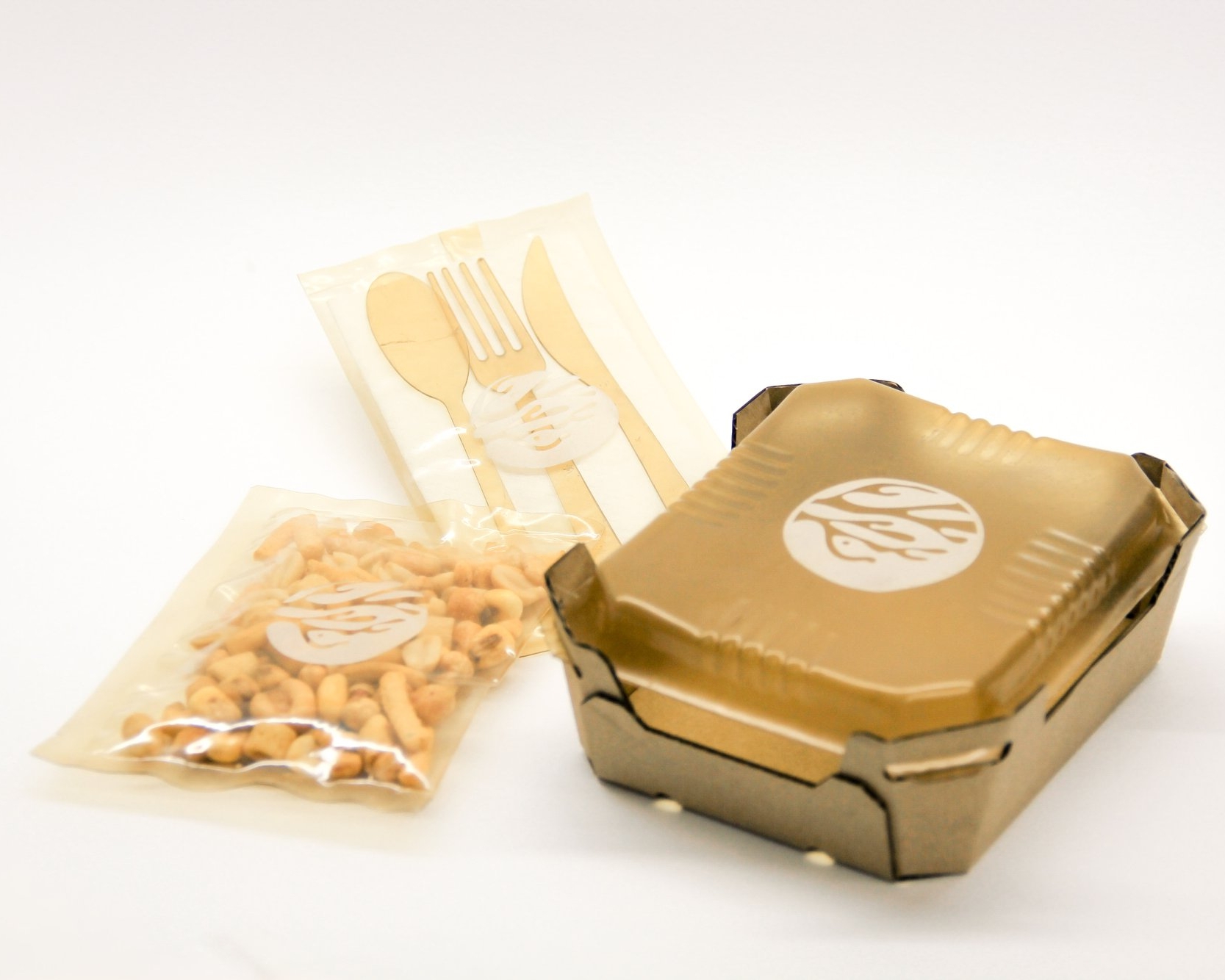
Tackling food waste at its source
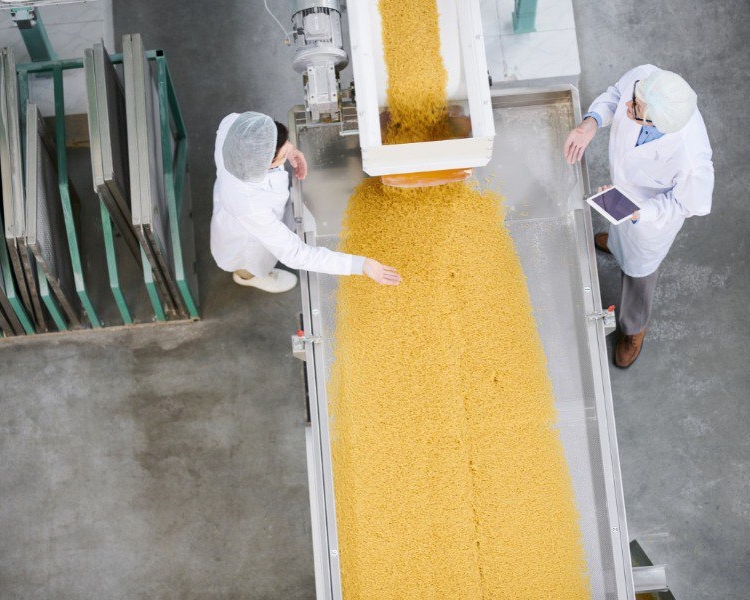
The value of good mentors

Meet our Spring ‘24 cohort
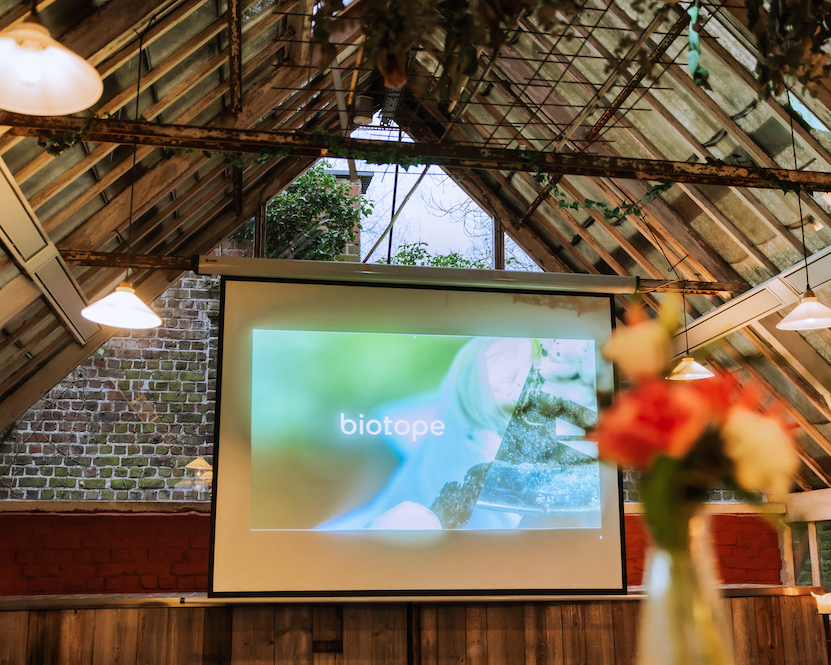
His son’s allergy turned this father into a founder
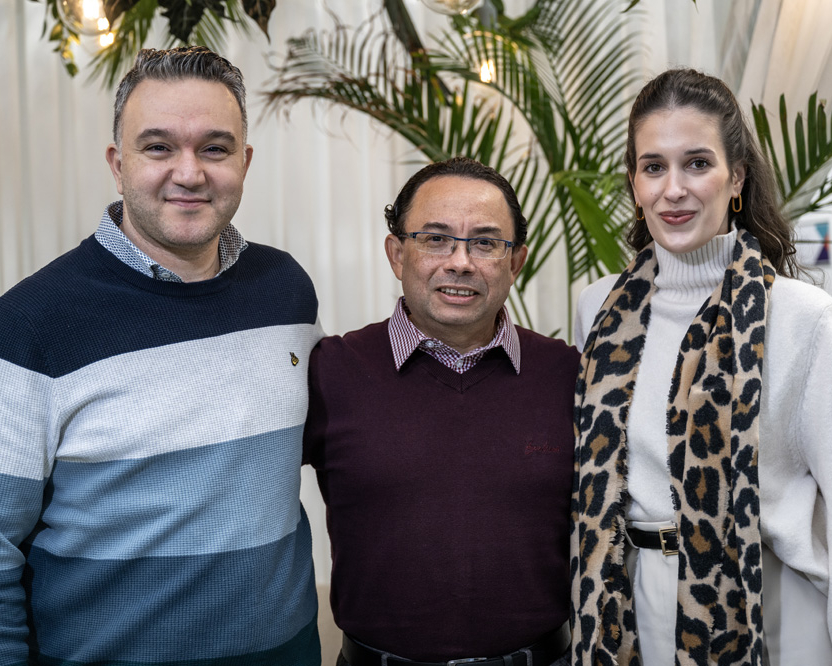
FlyBlast: on a mission to solve meat
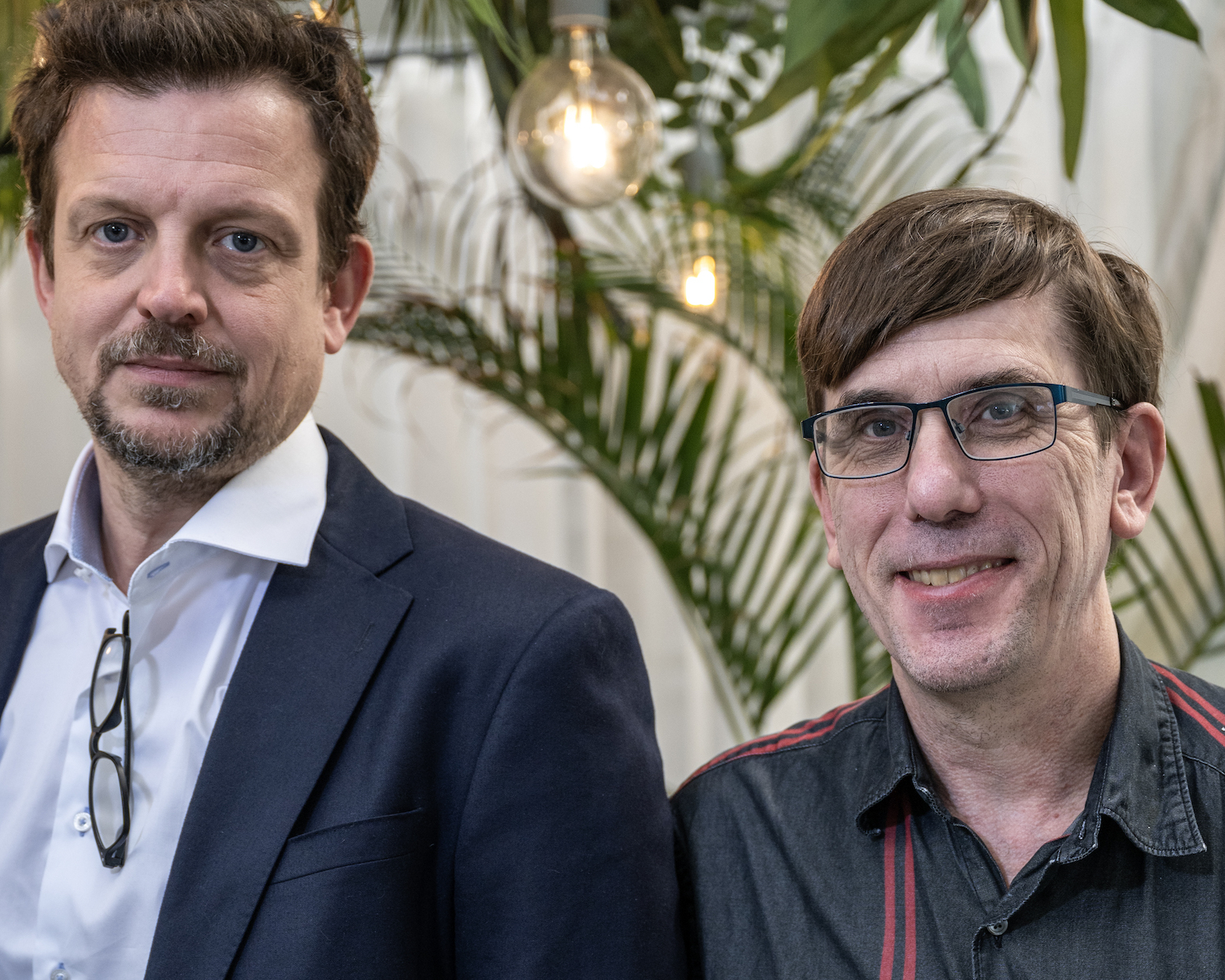
Biosurfactants from food waste? Meet AmphiStar
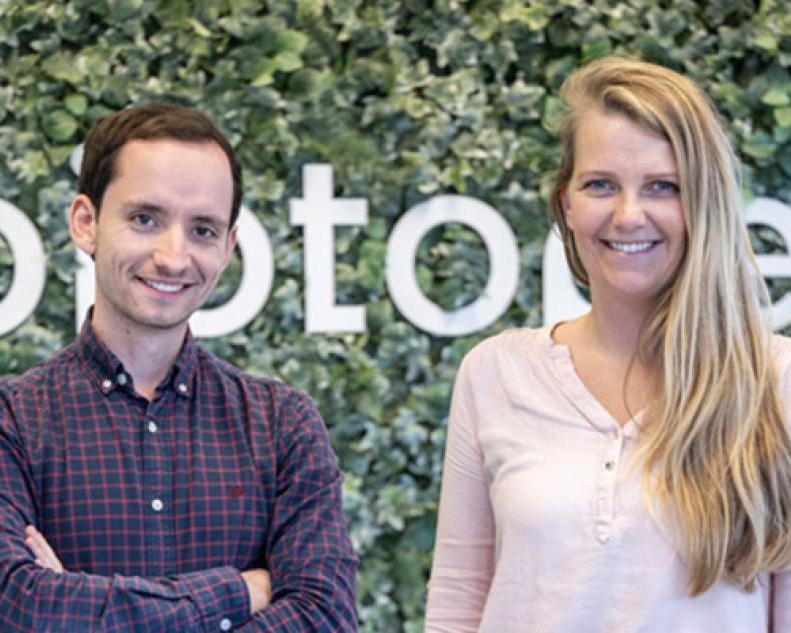
Probitat interview
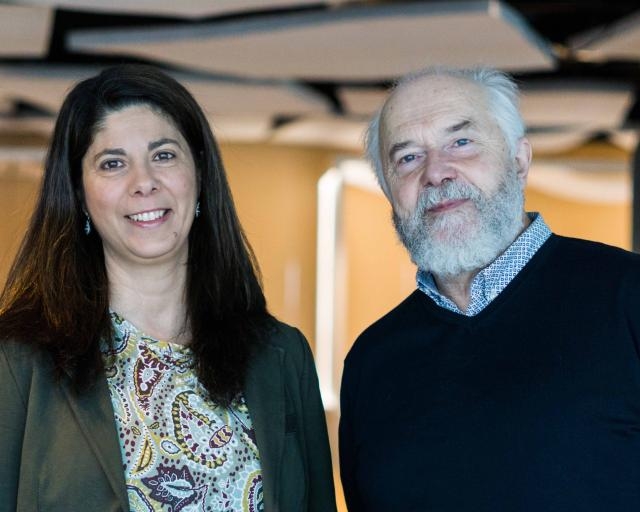
B’ZEOS: sustainable packaging made of seaweed
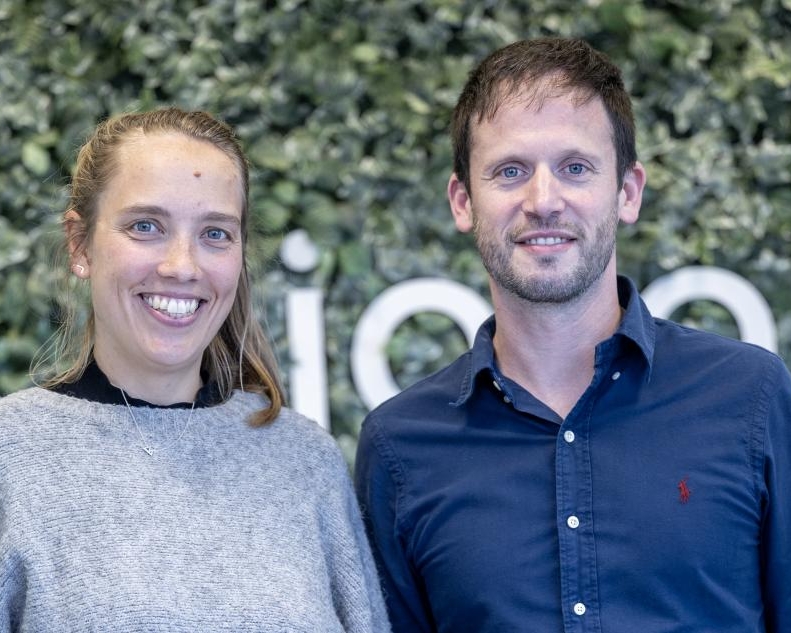
Elogium: Poultry probiotics for safer food
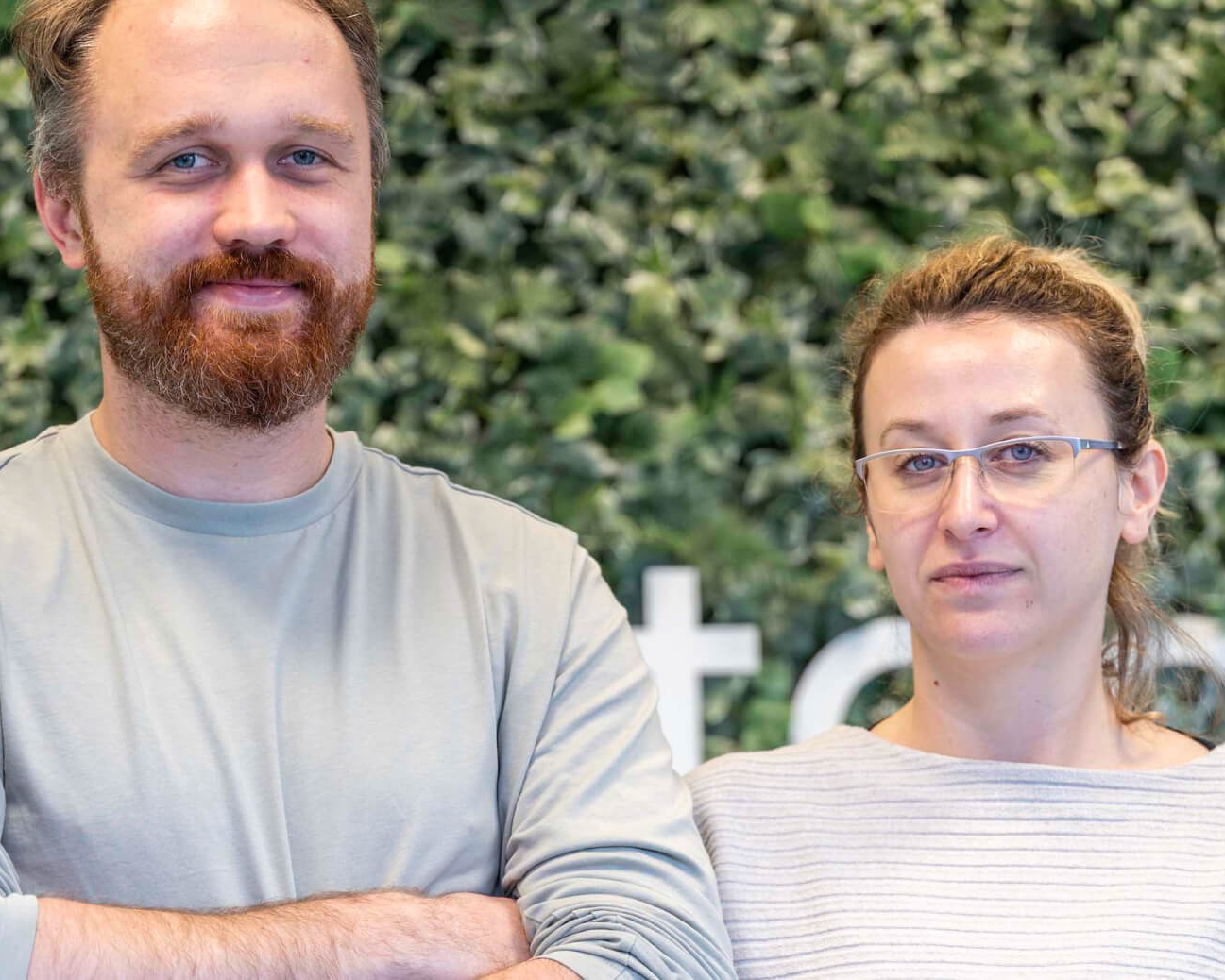
Launch of Biotope ventures fund
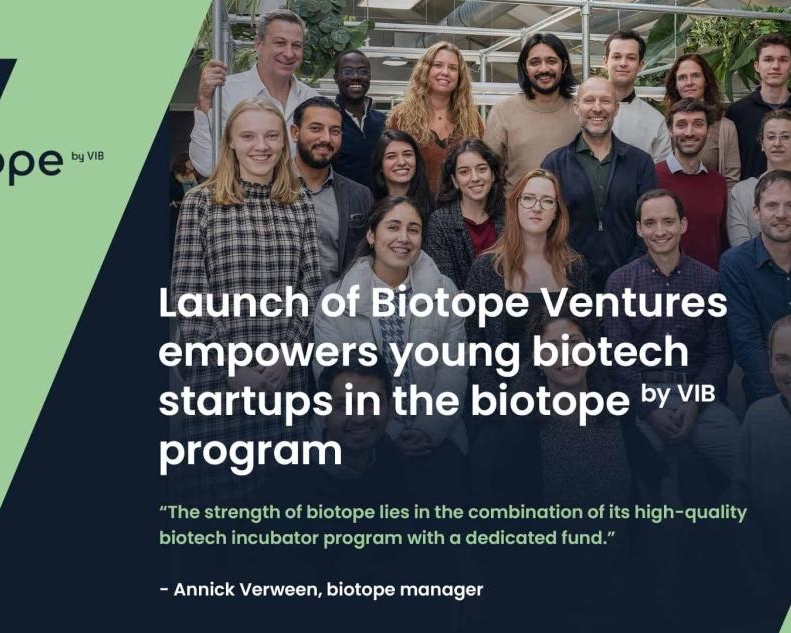
Bolder Foods: non-dairy cheese for a better world
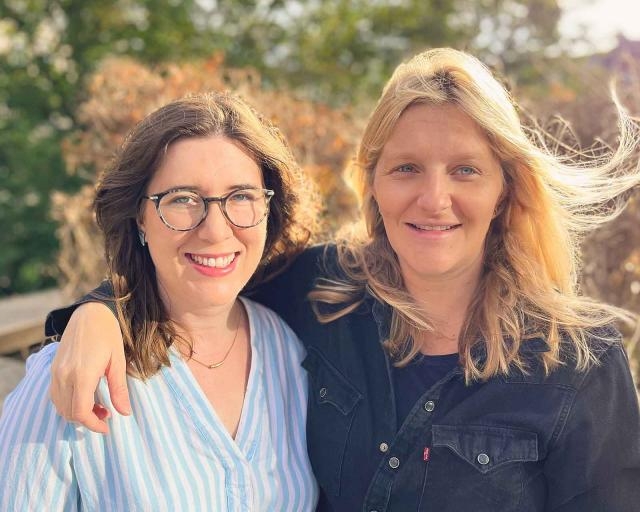
BioVox article
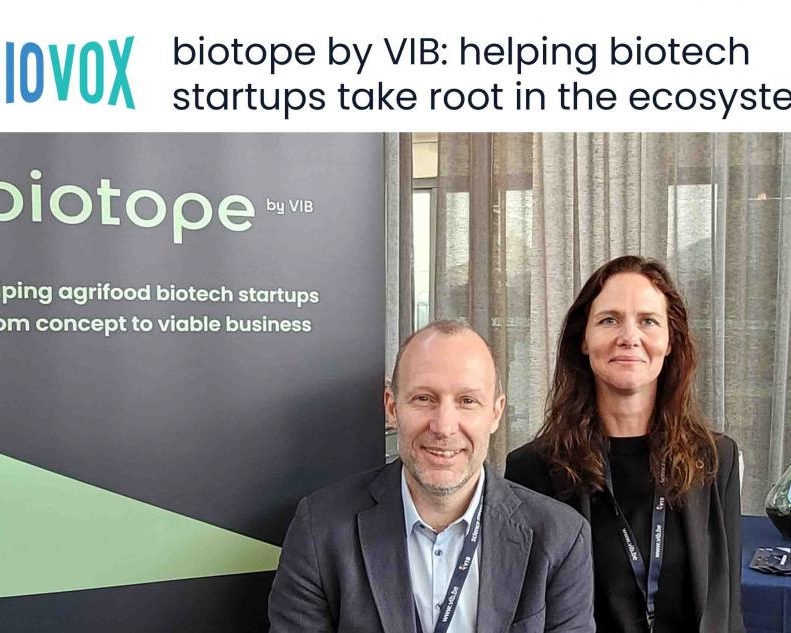
Skip the accelarator. Come build with real VC.
- Take part in our program to rapidly advance your technology
- Grow the confidence of you and your team
- Turn your startup into an investment-ready business
